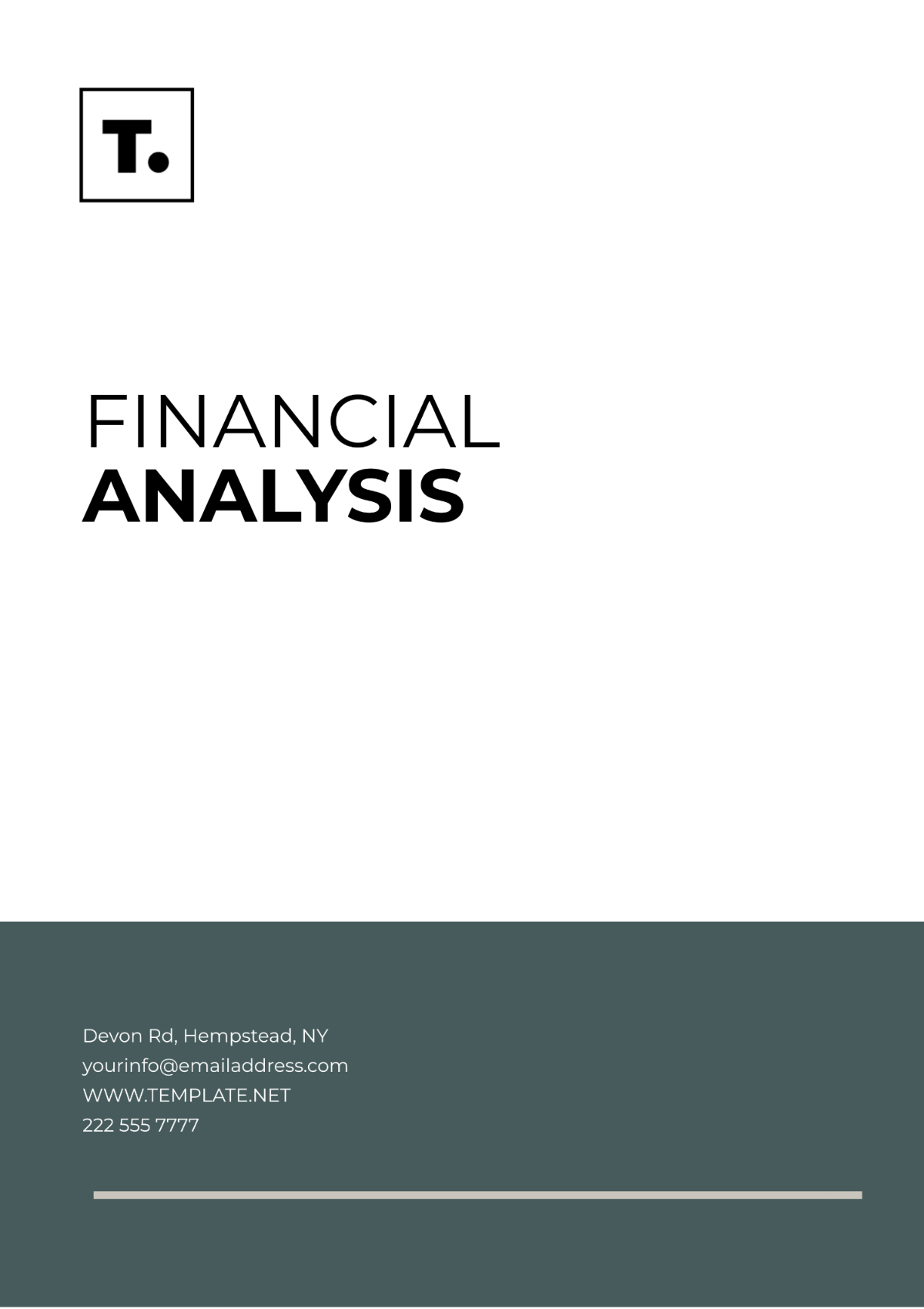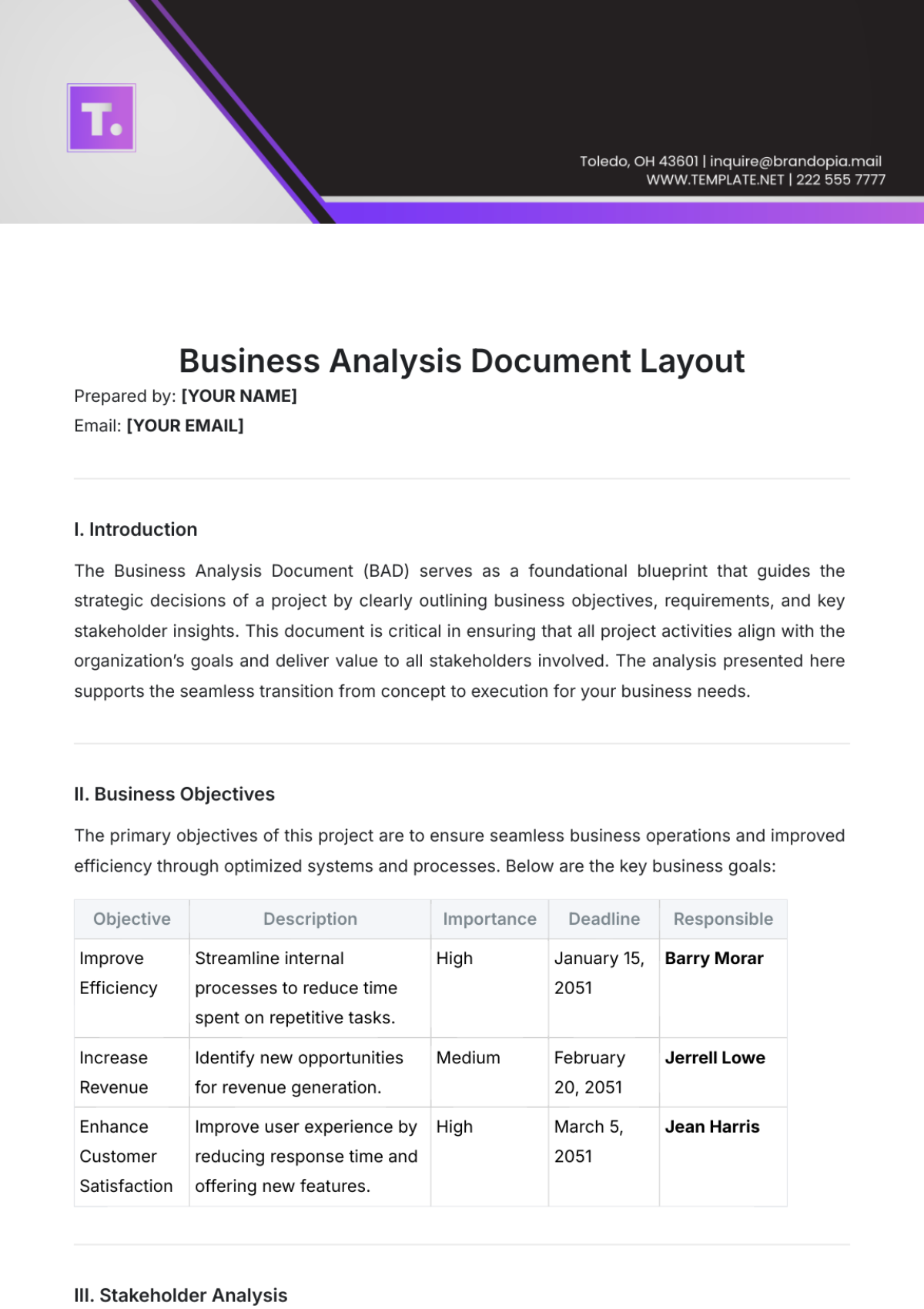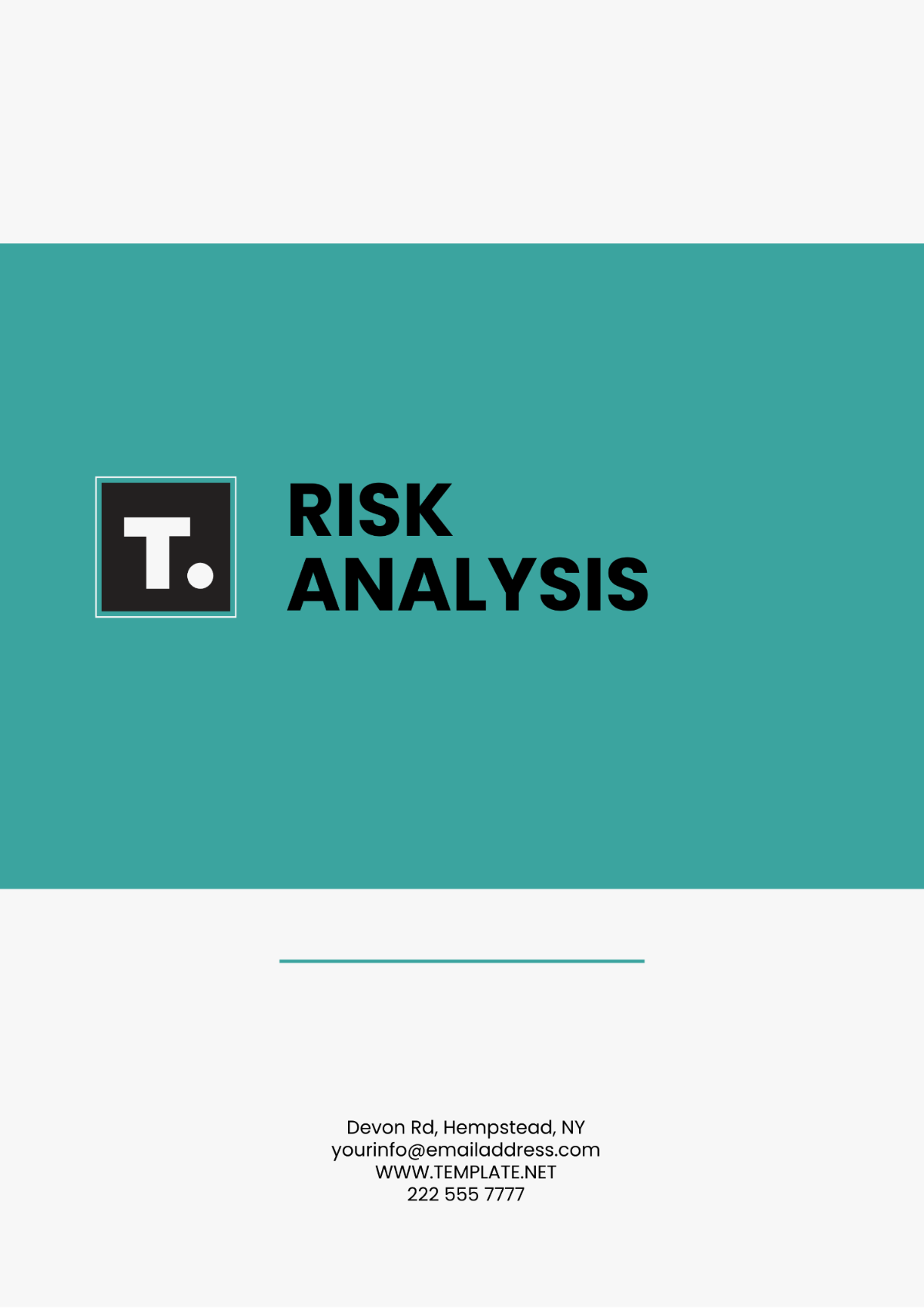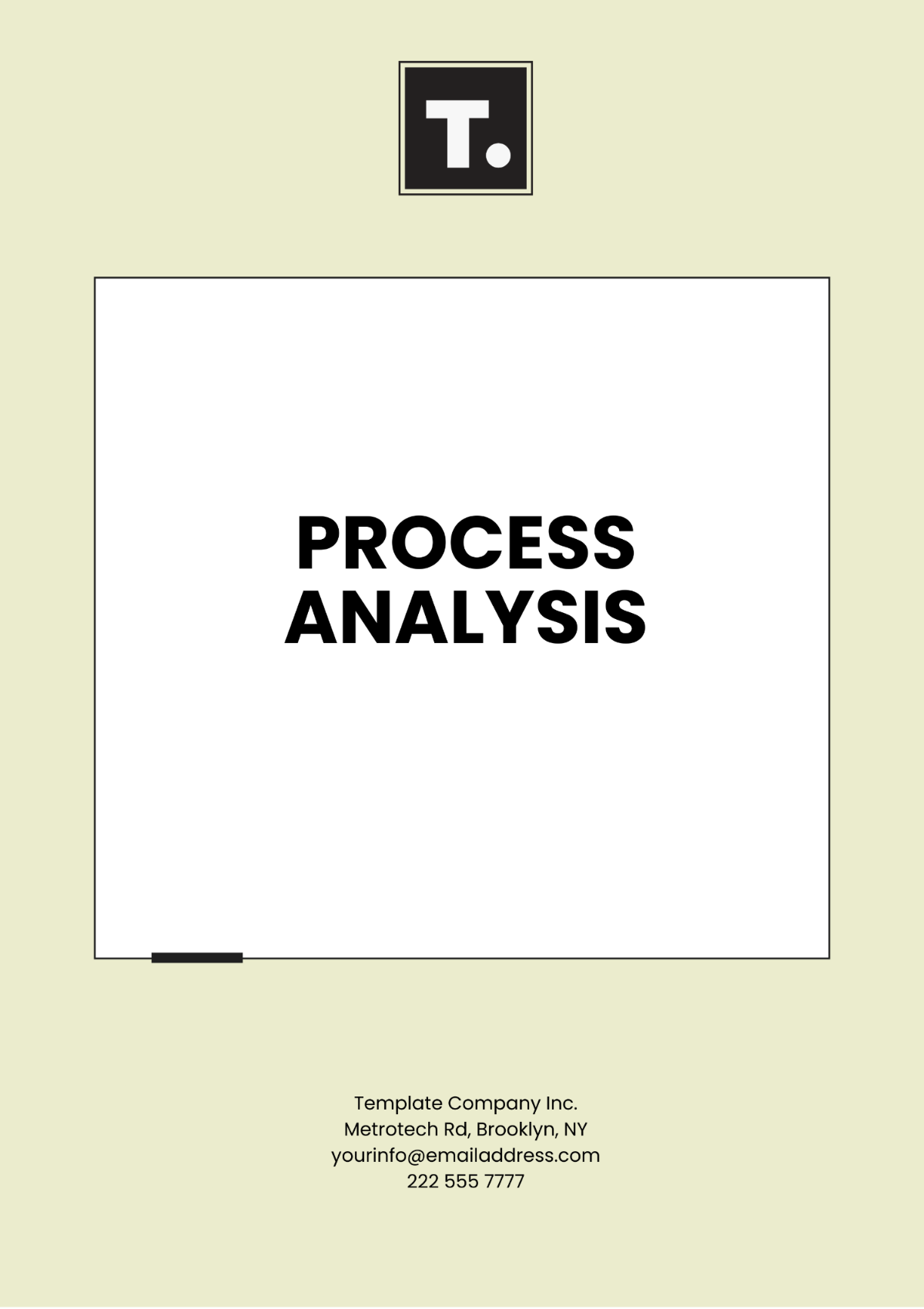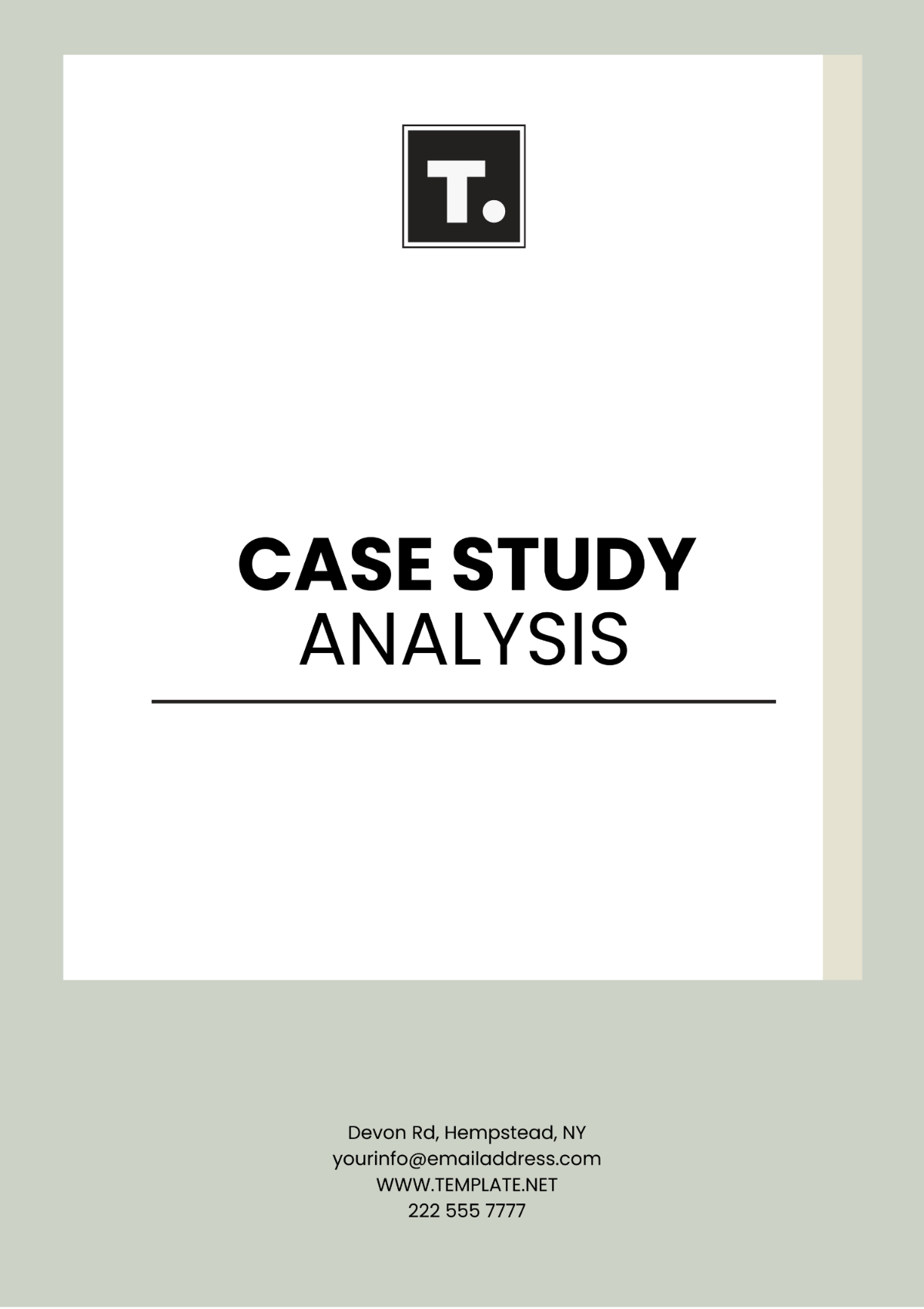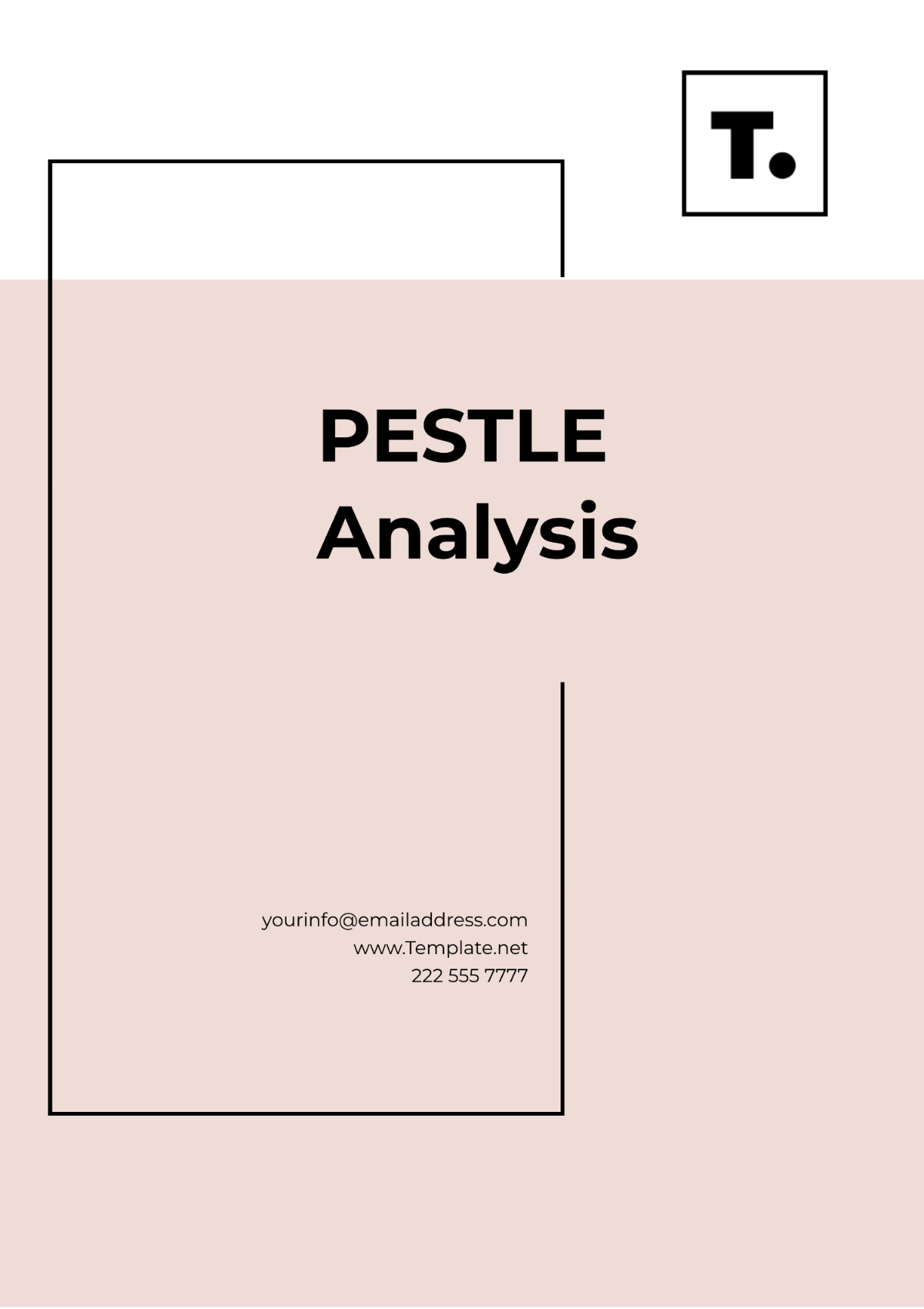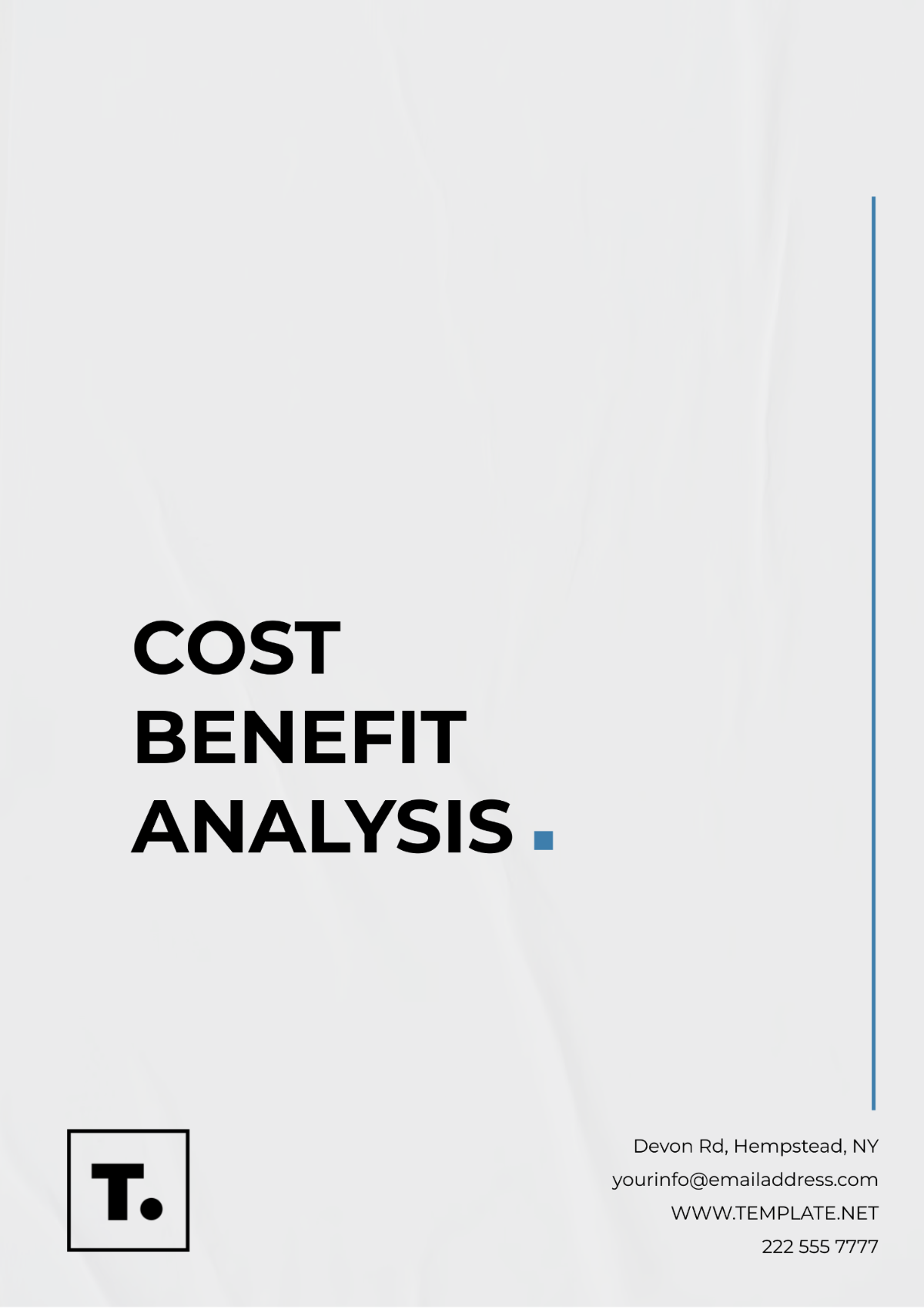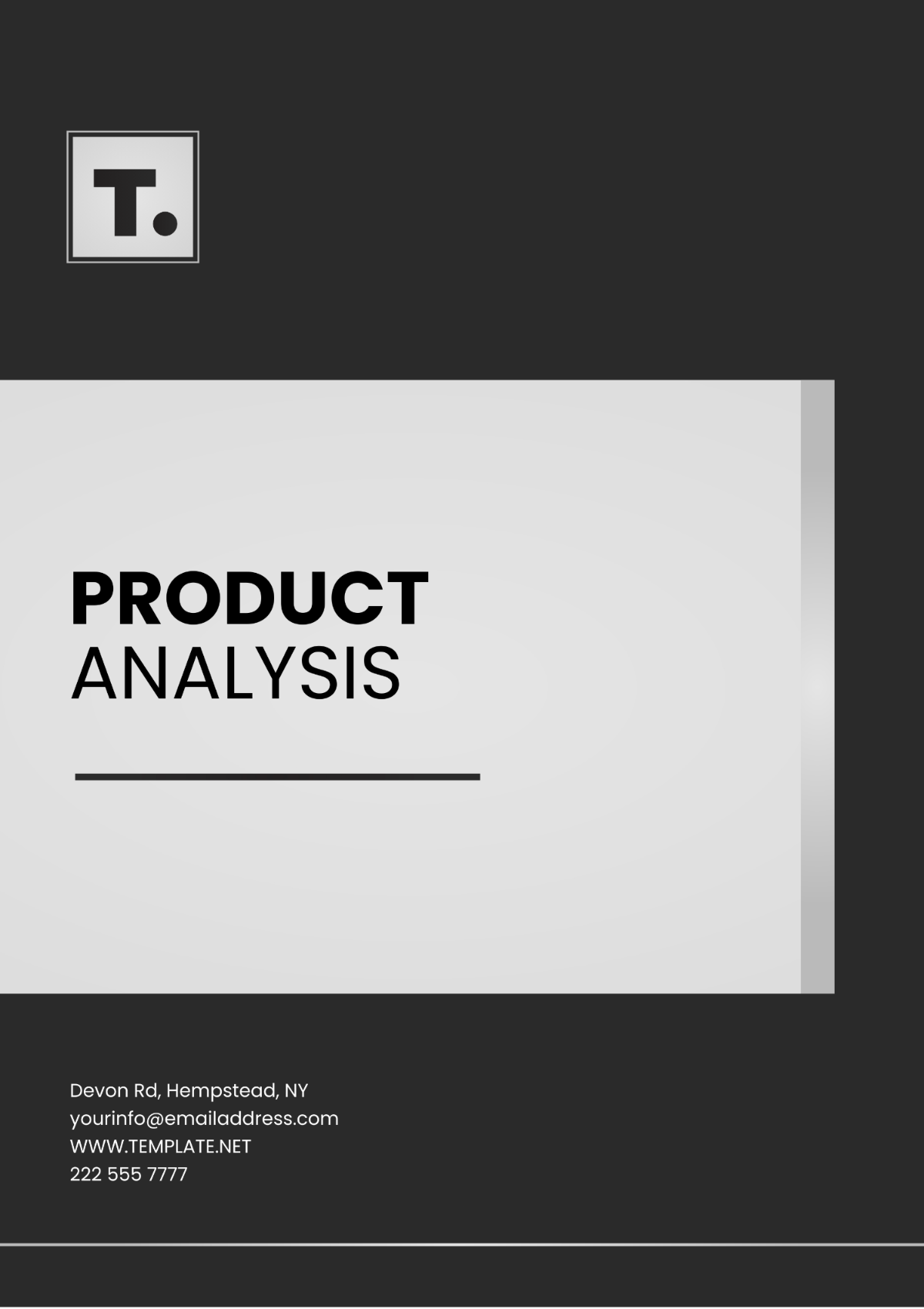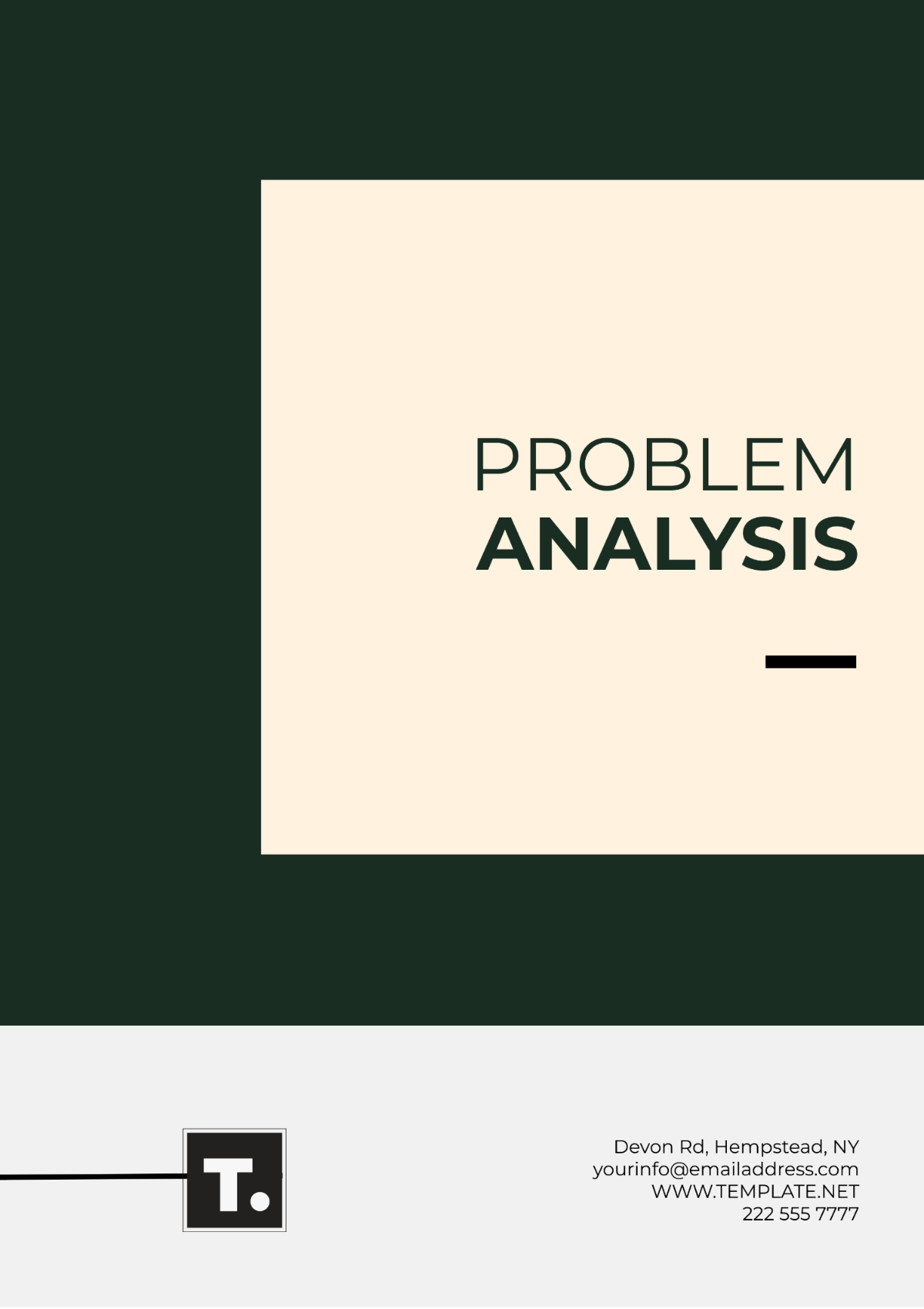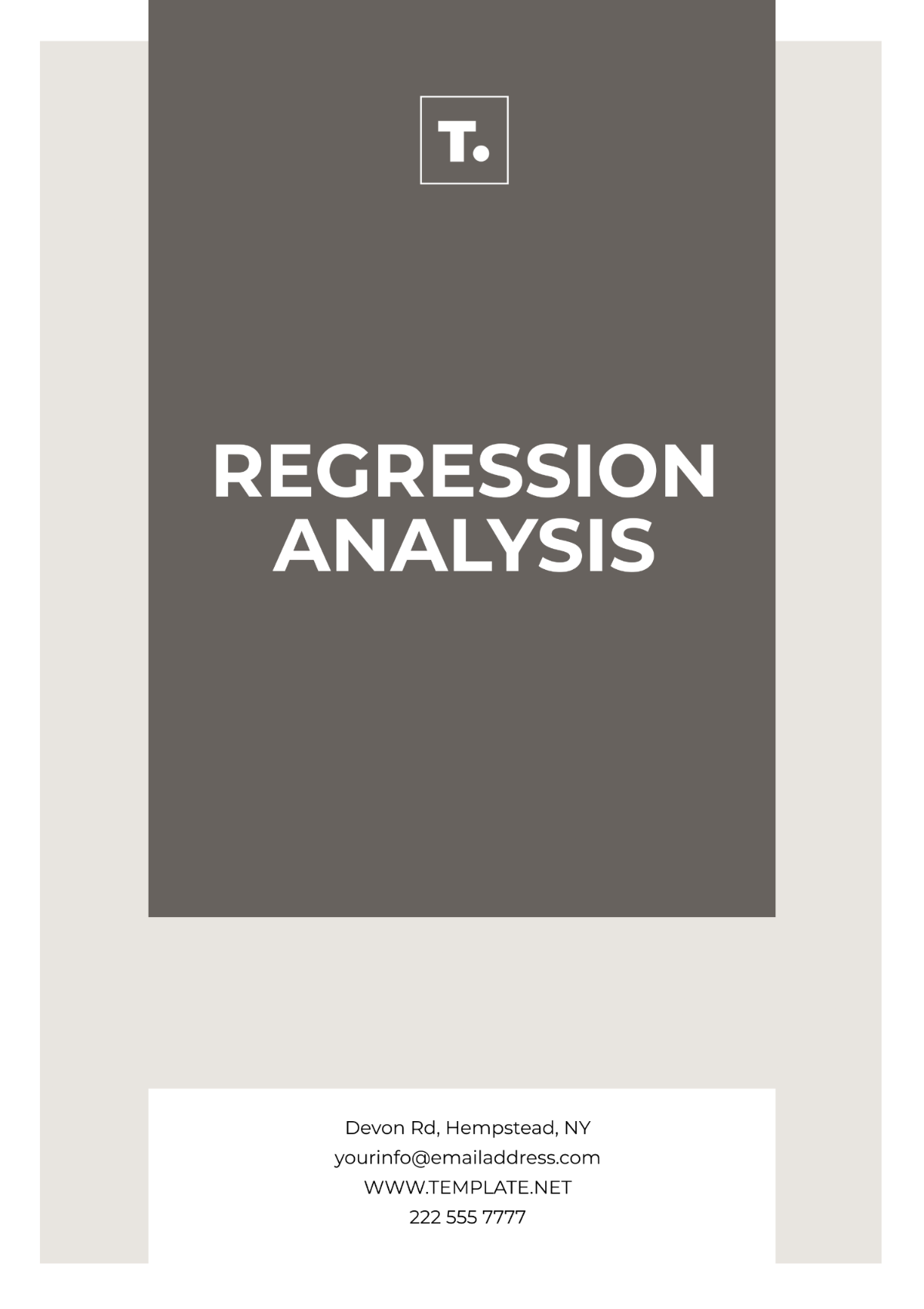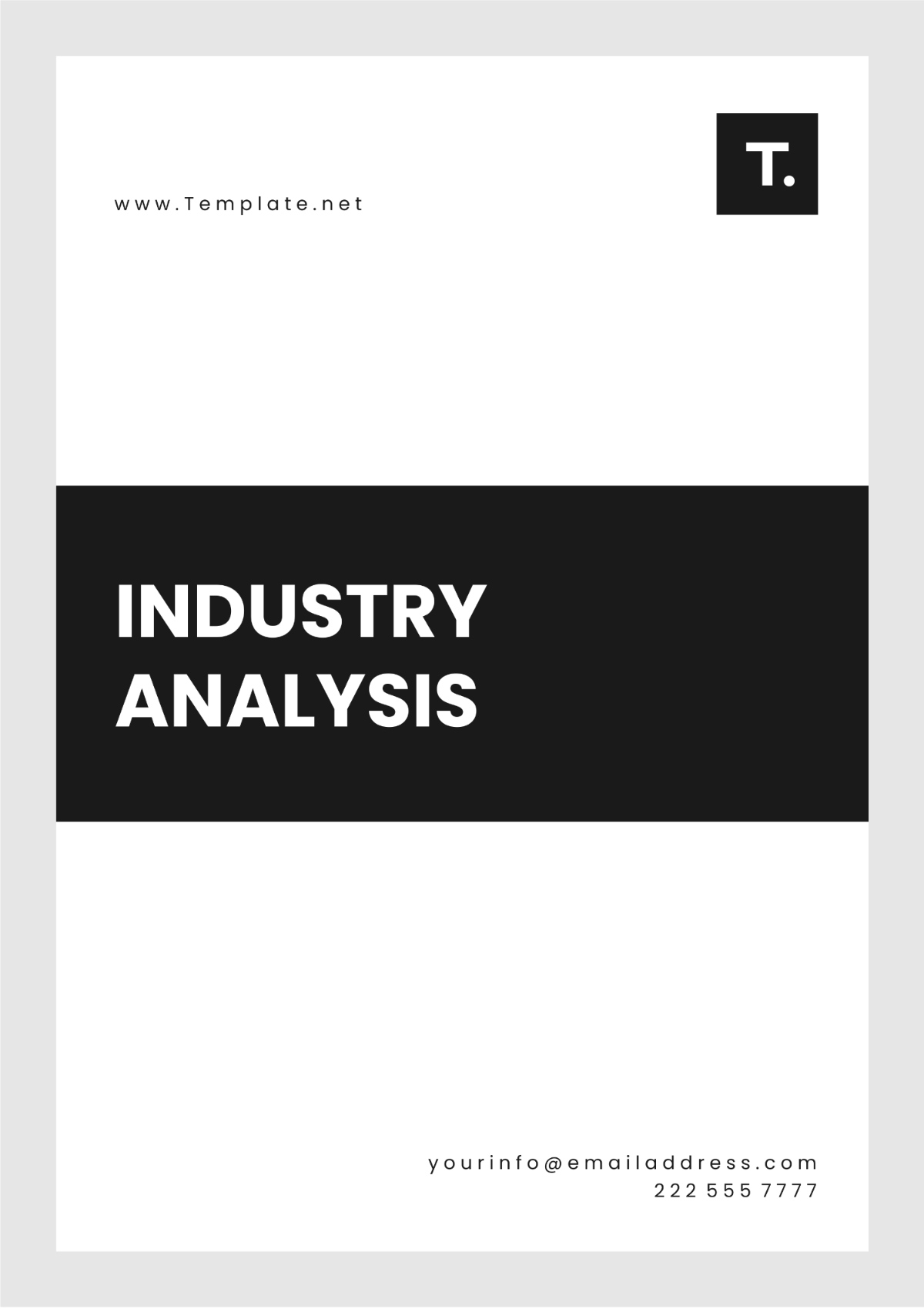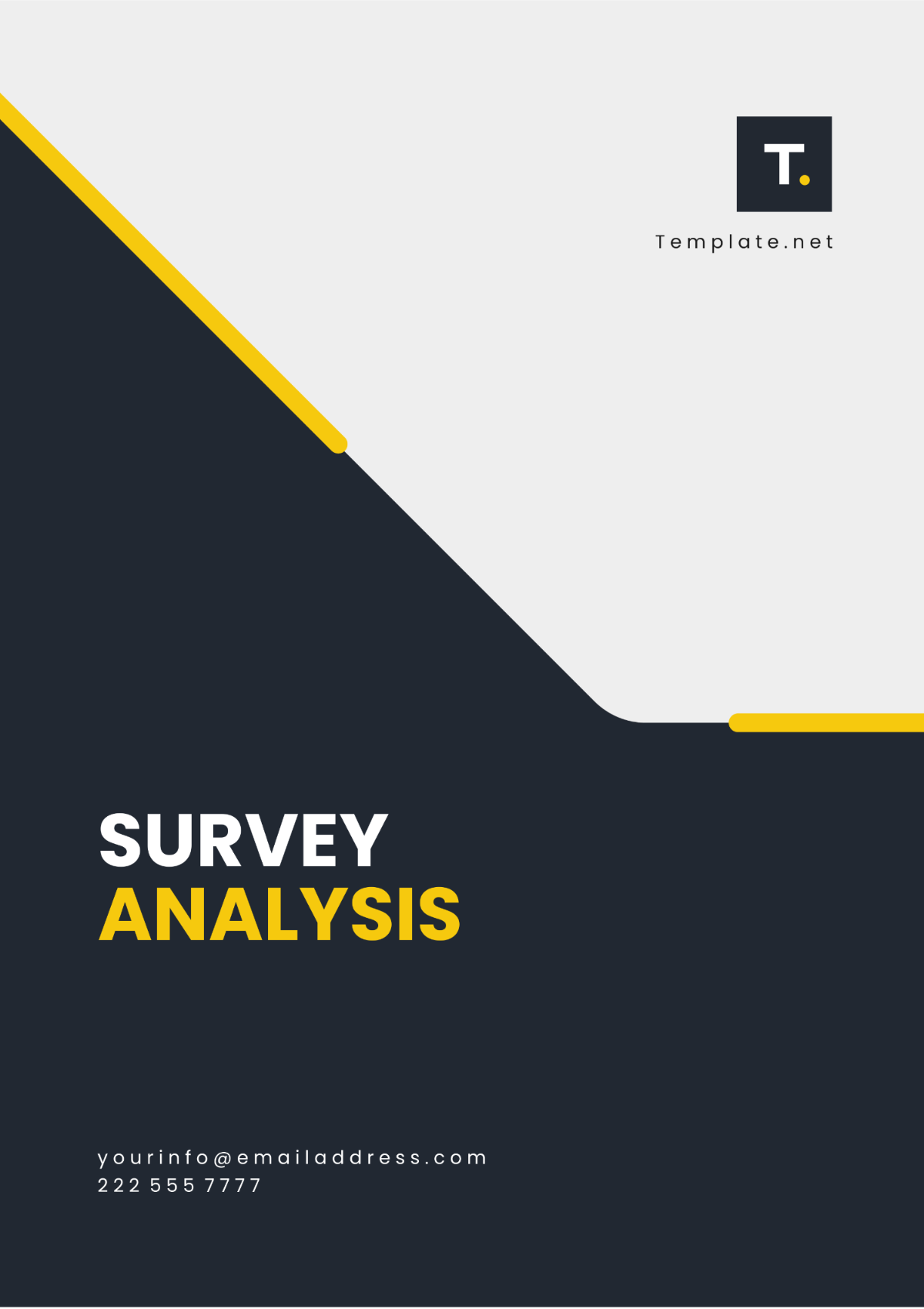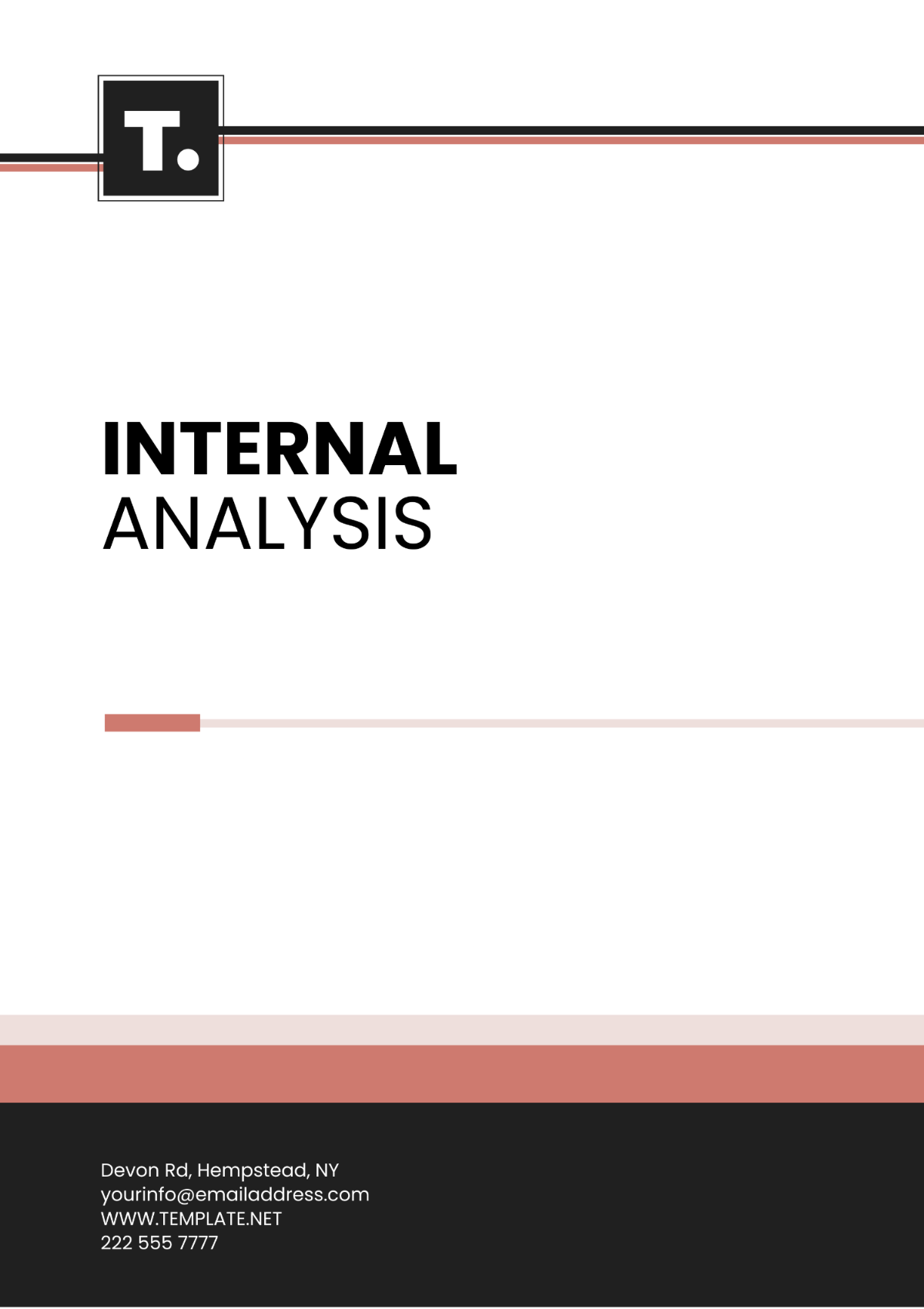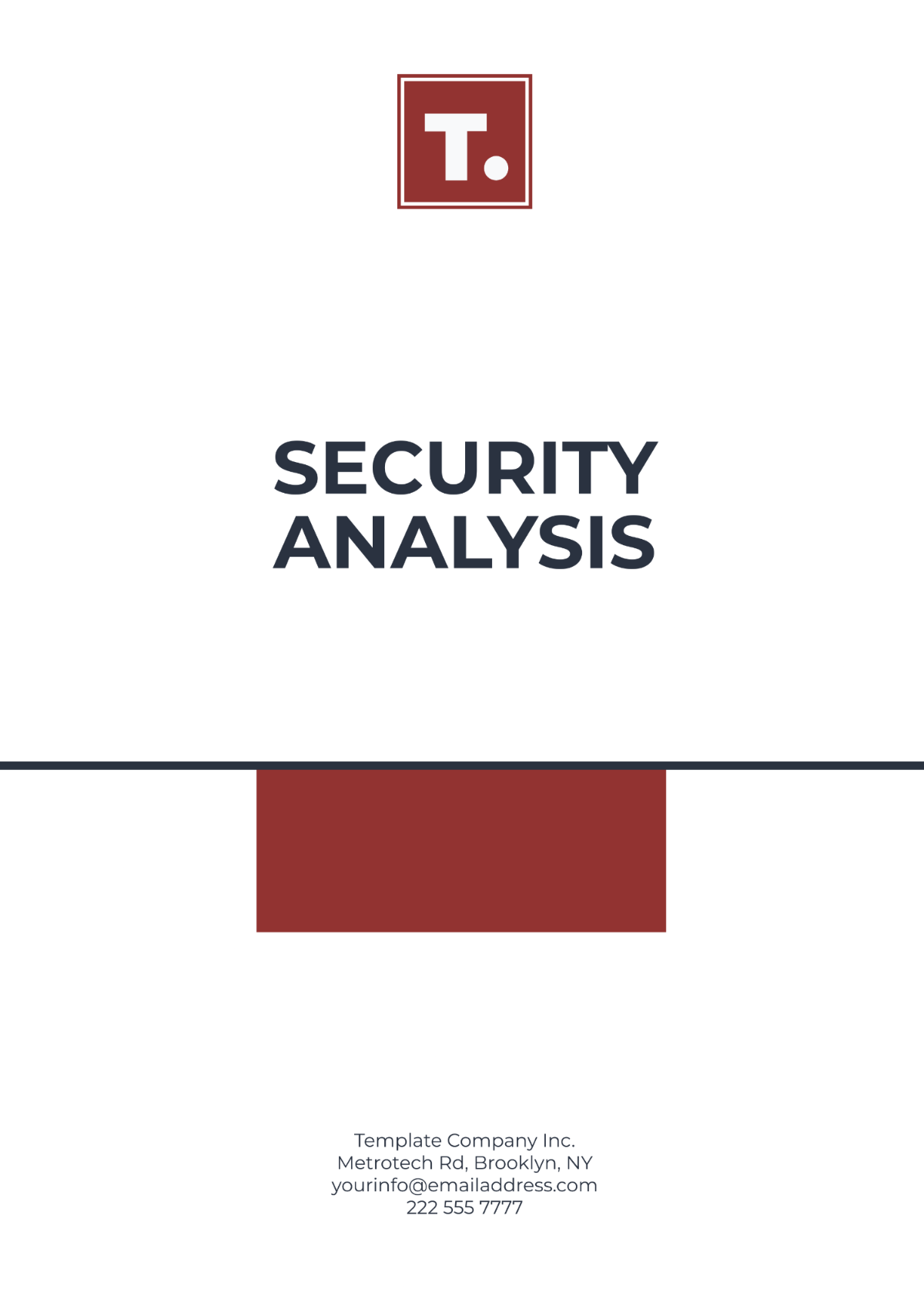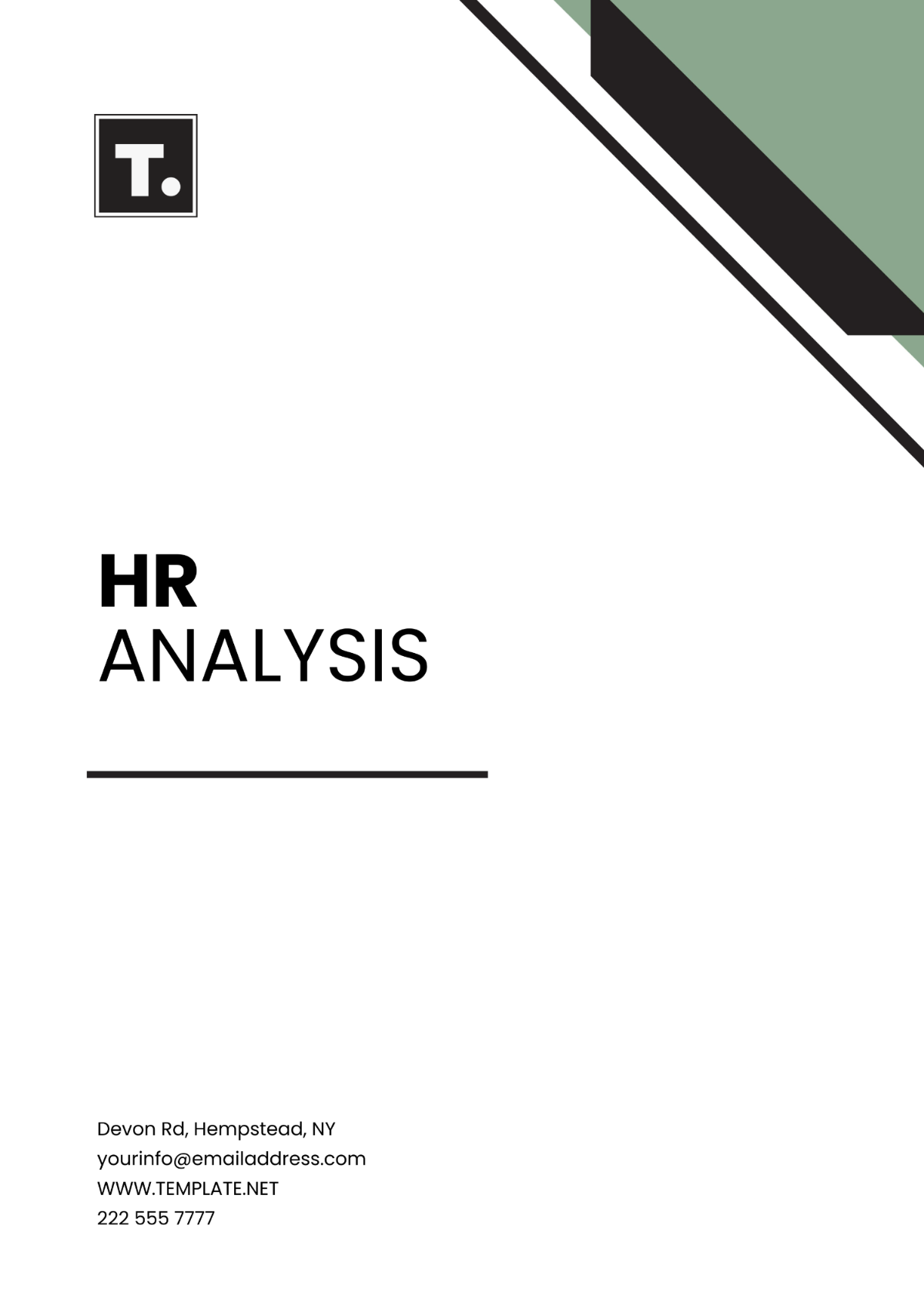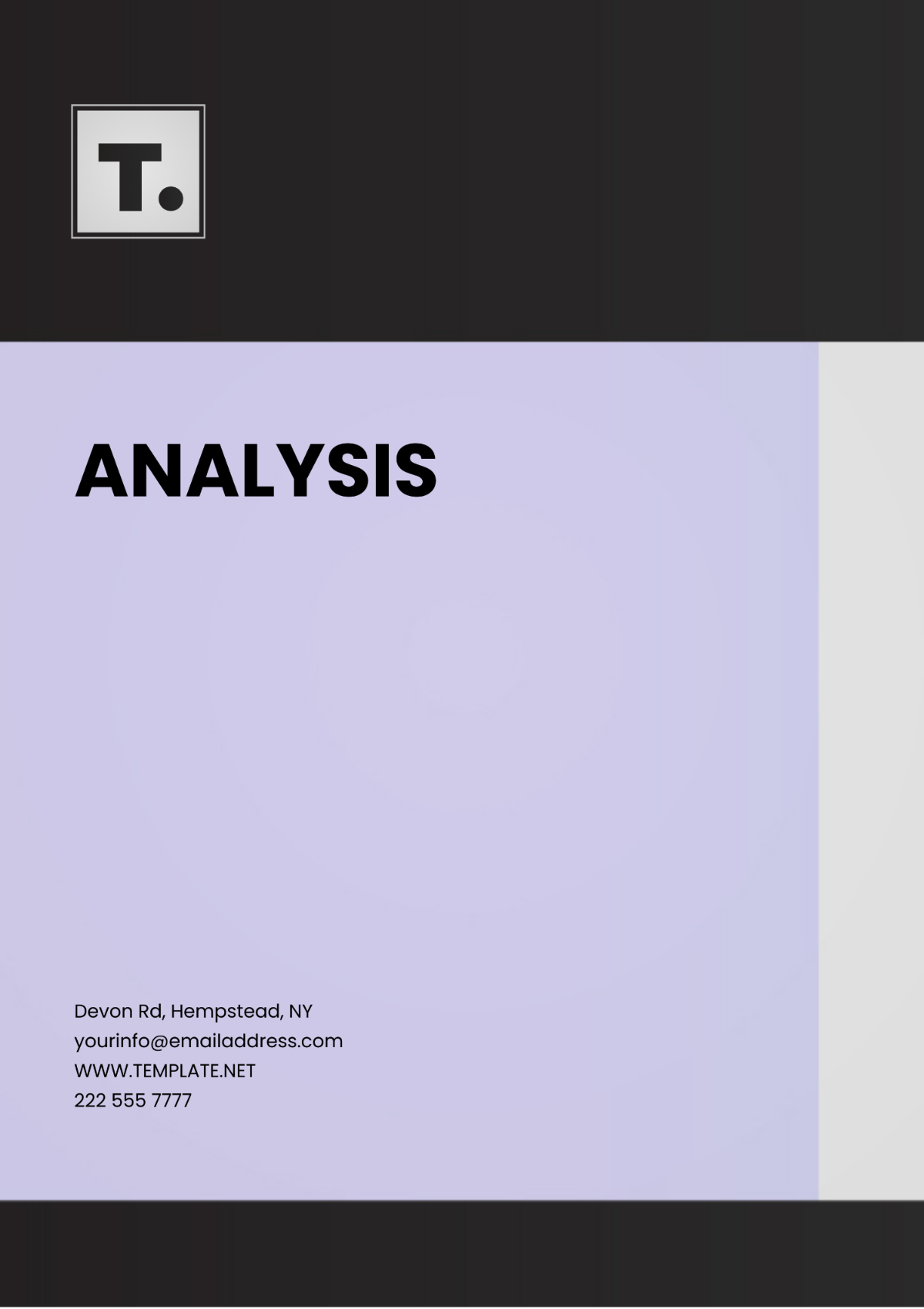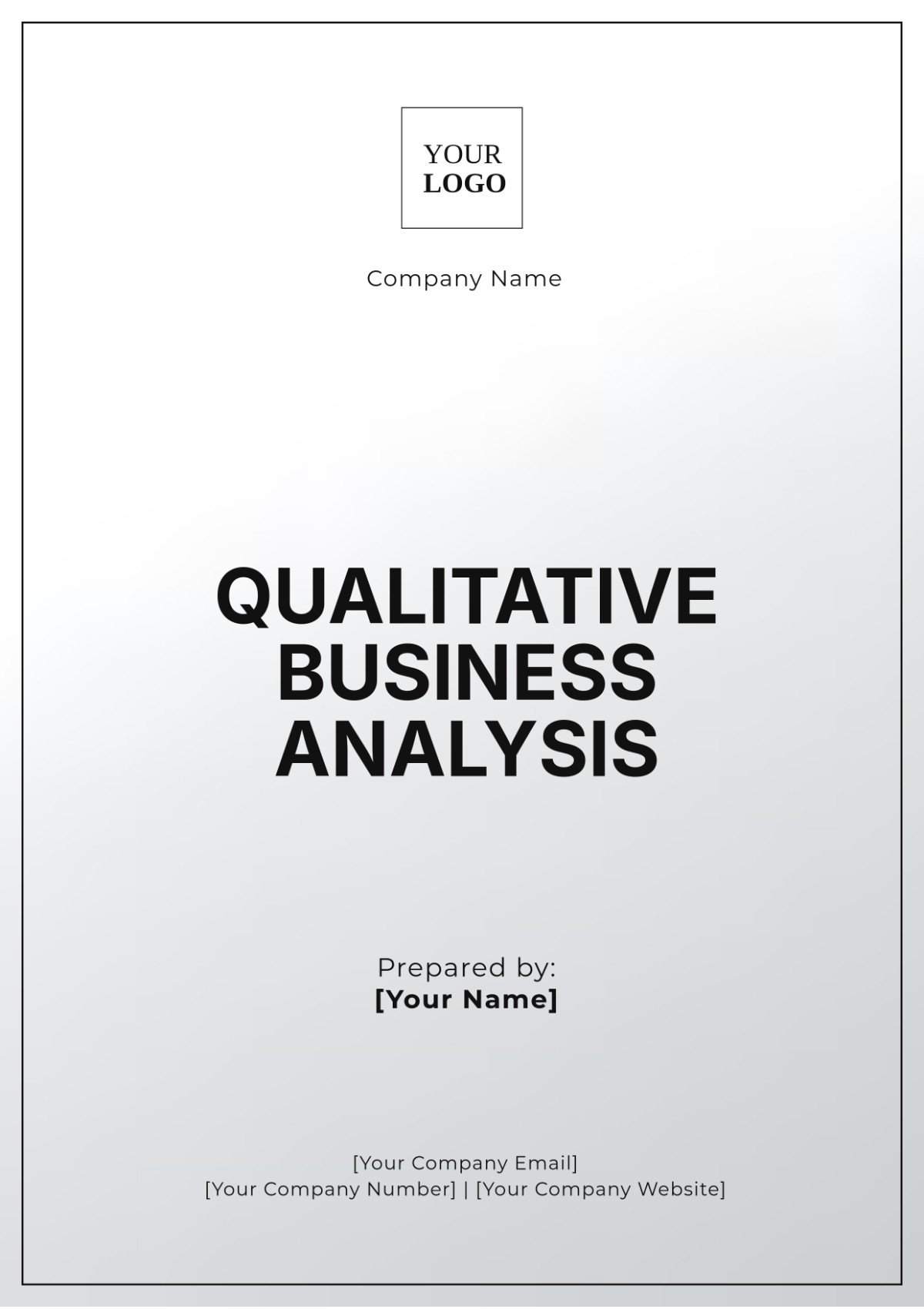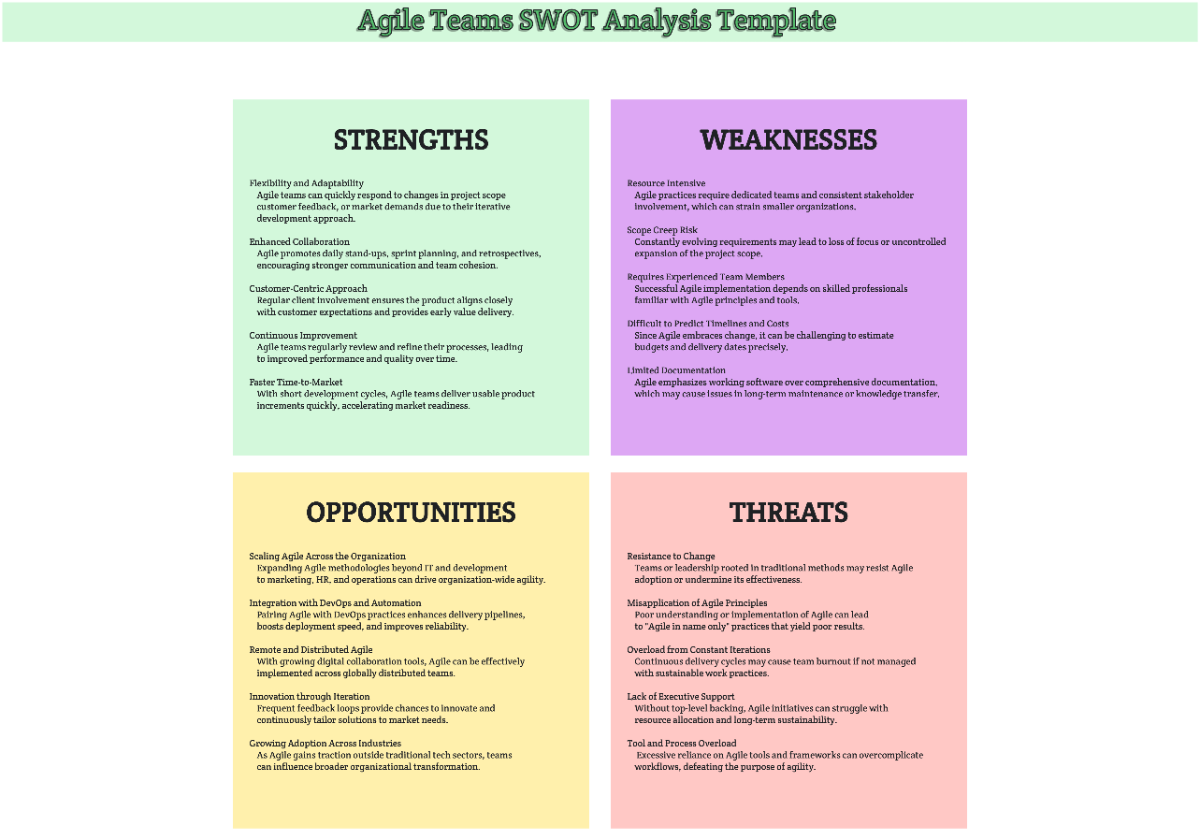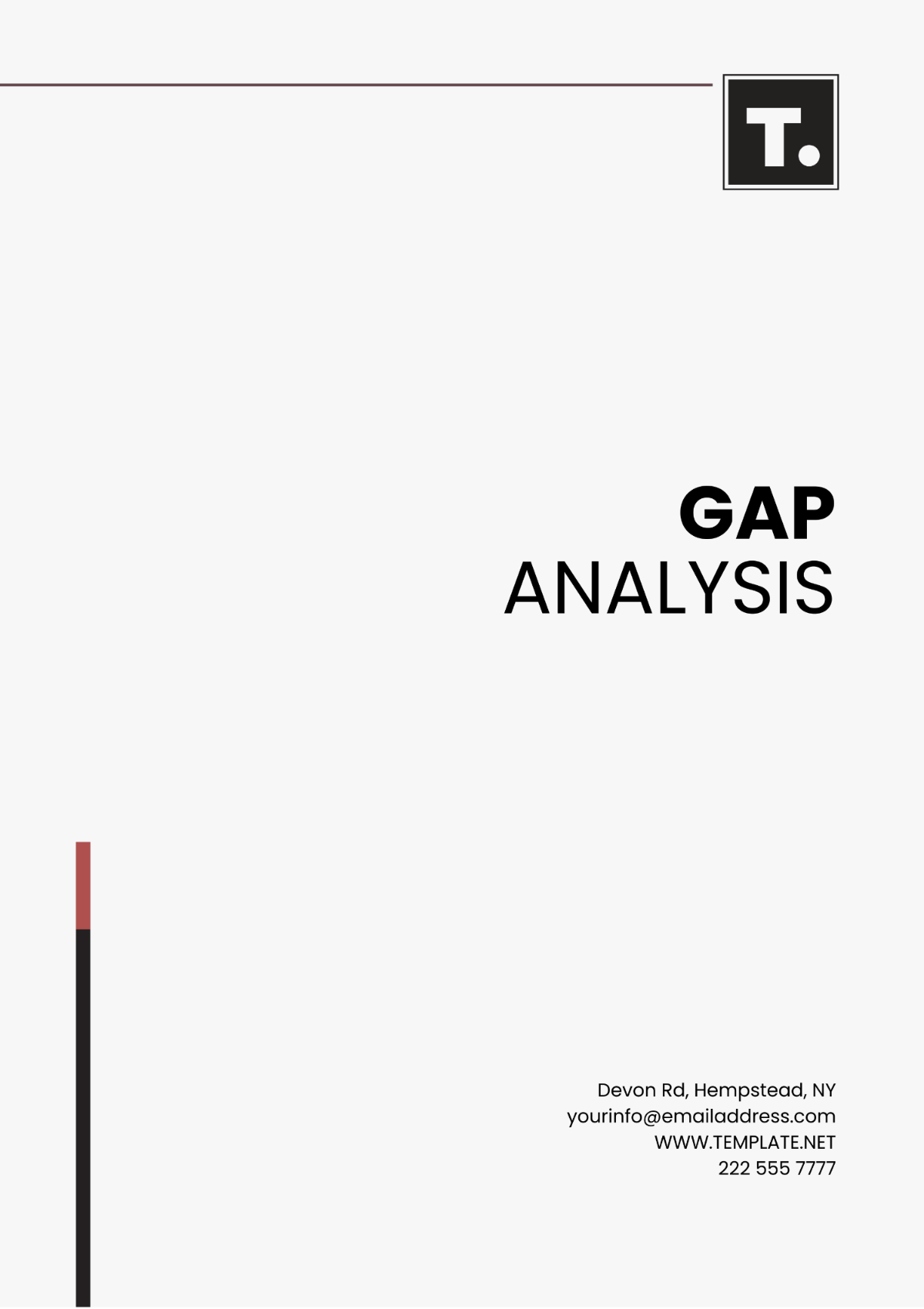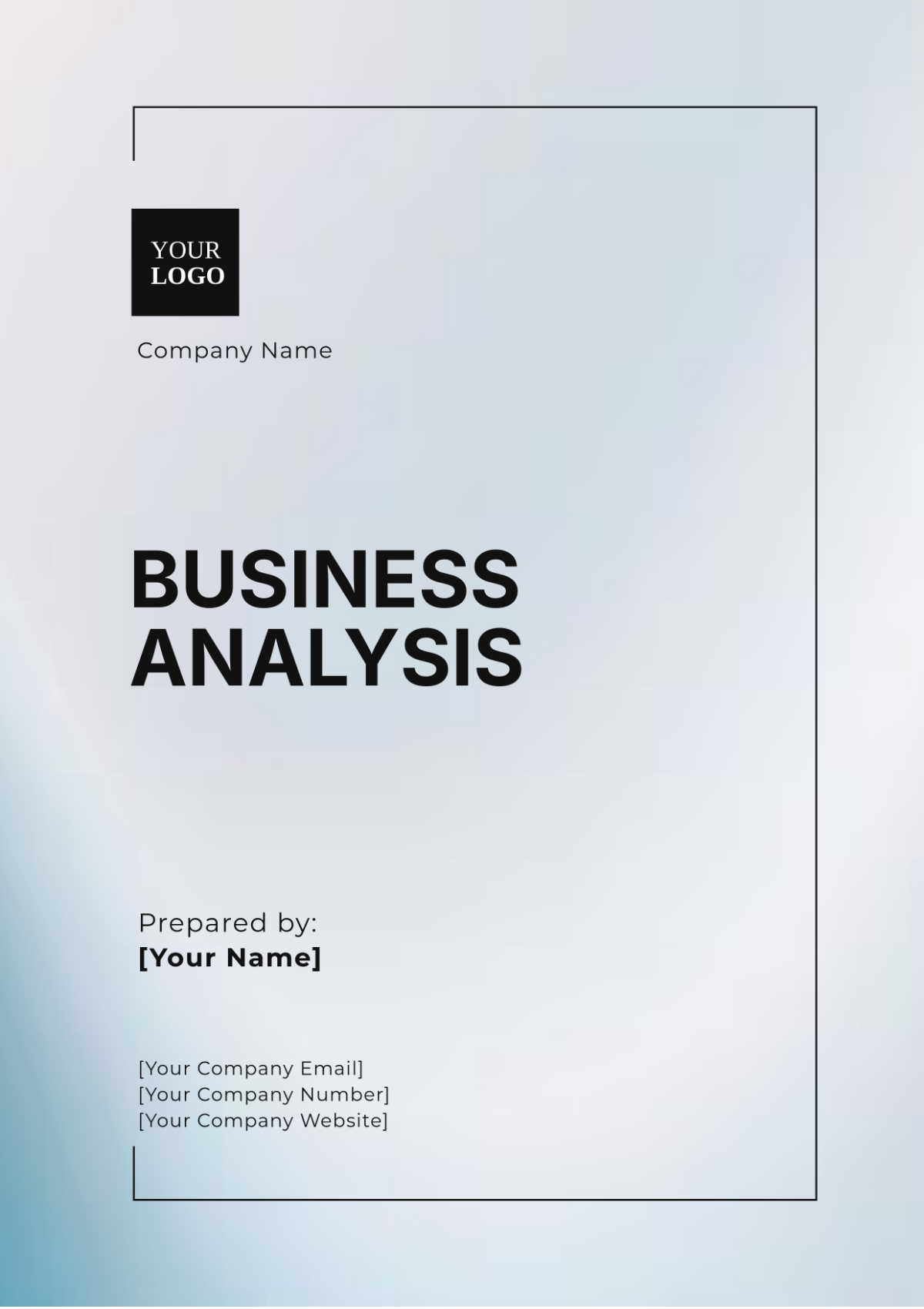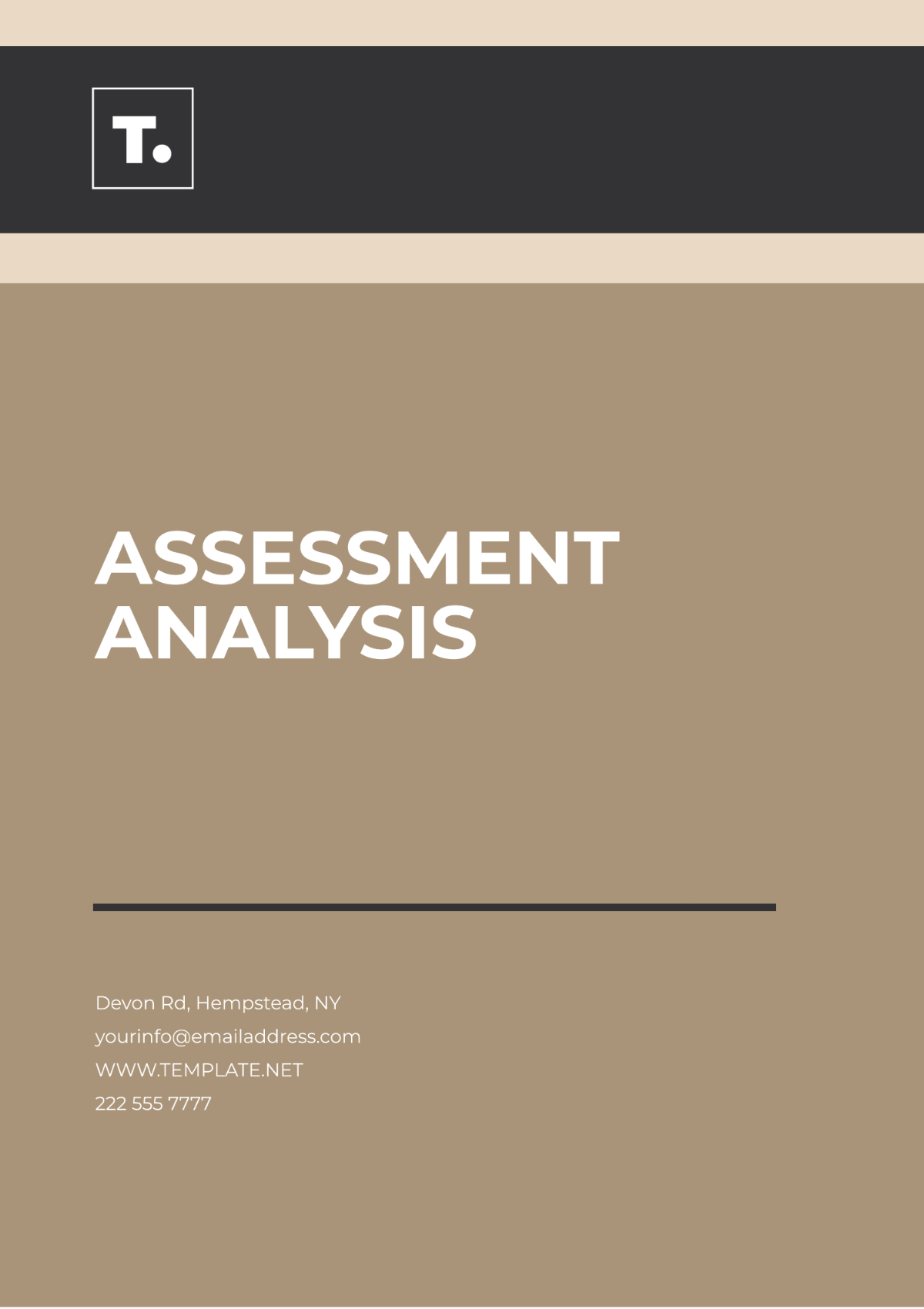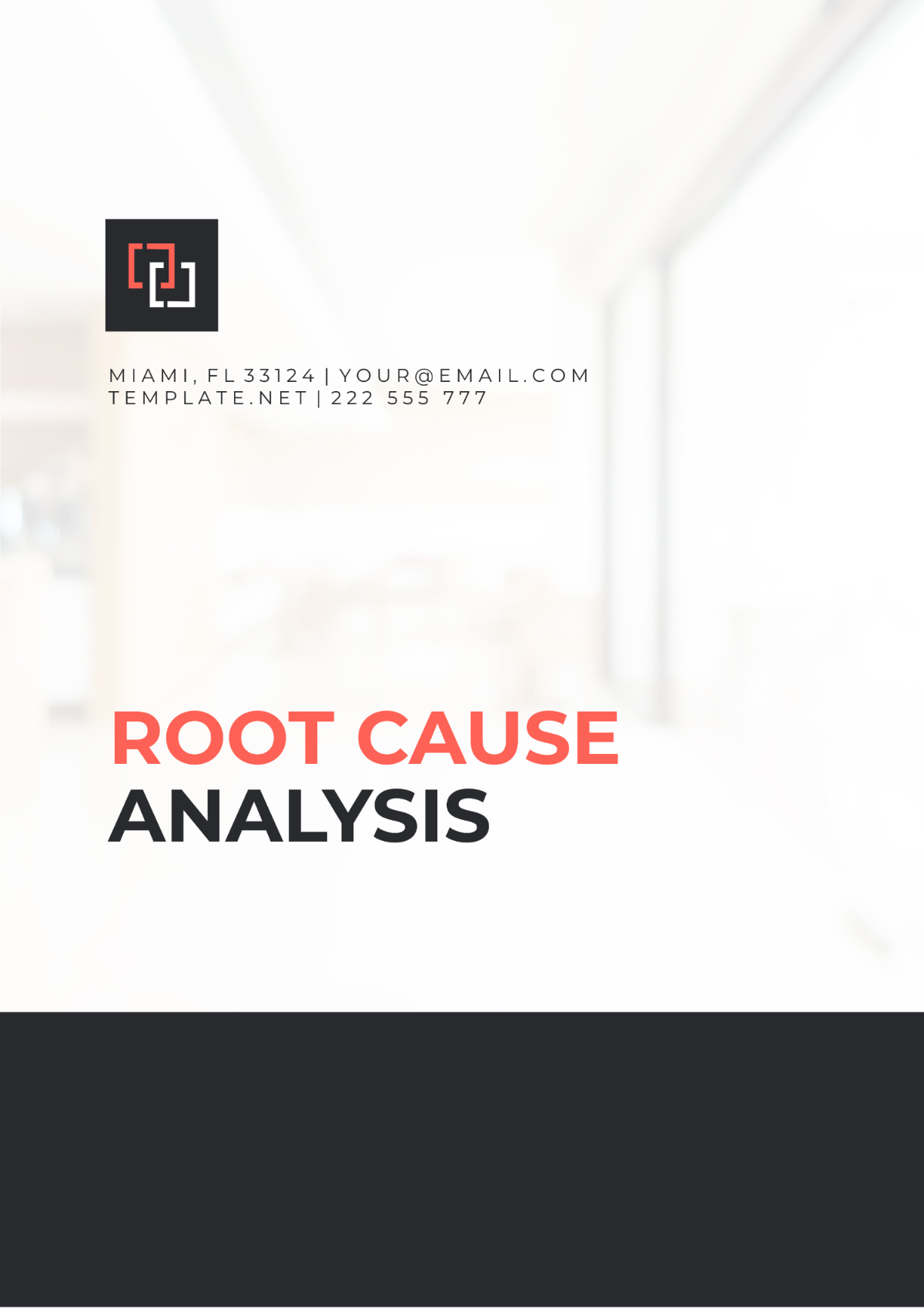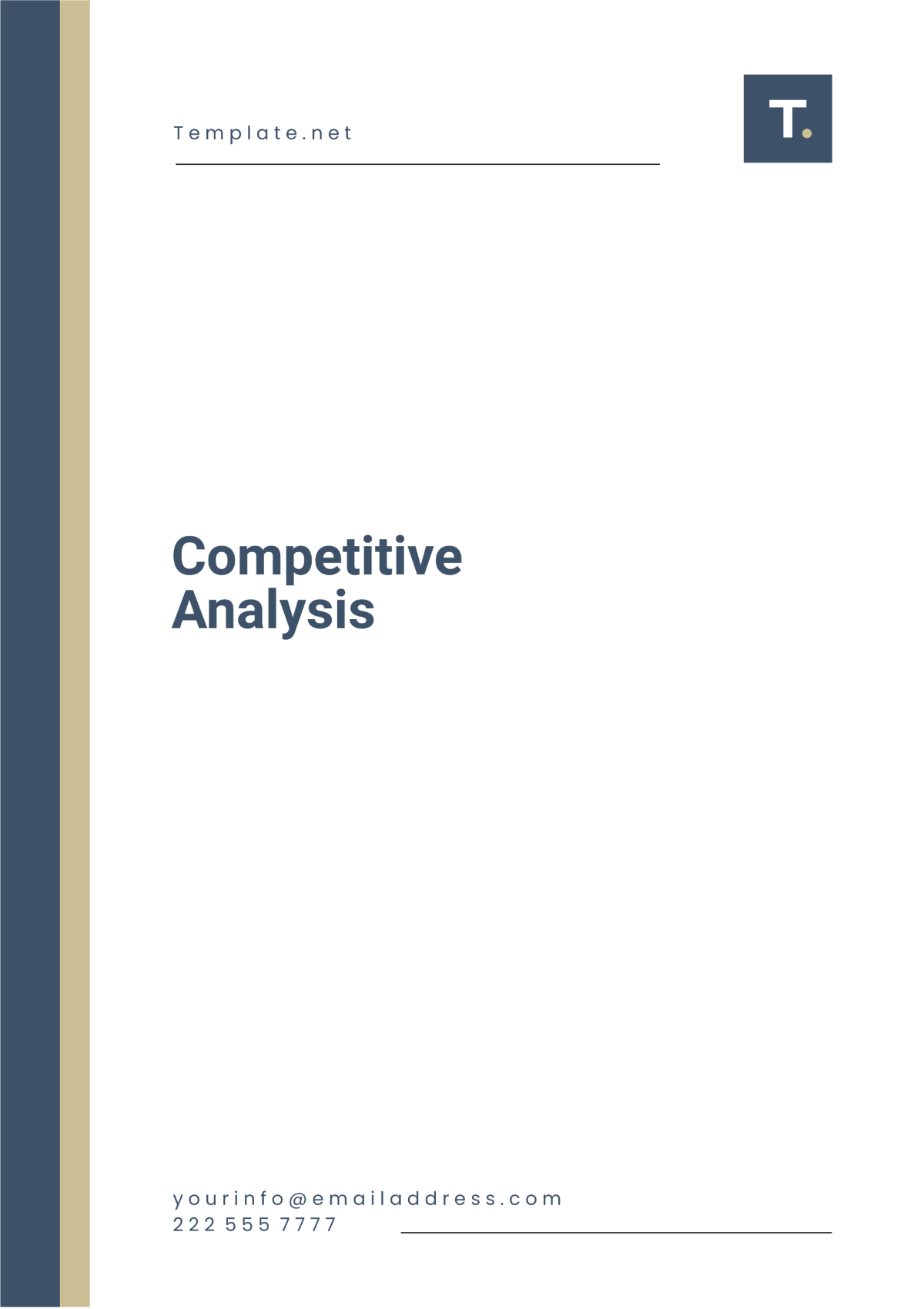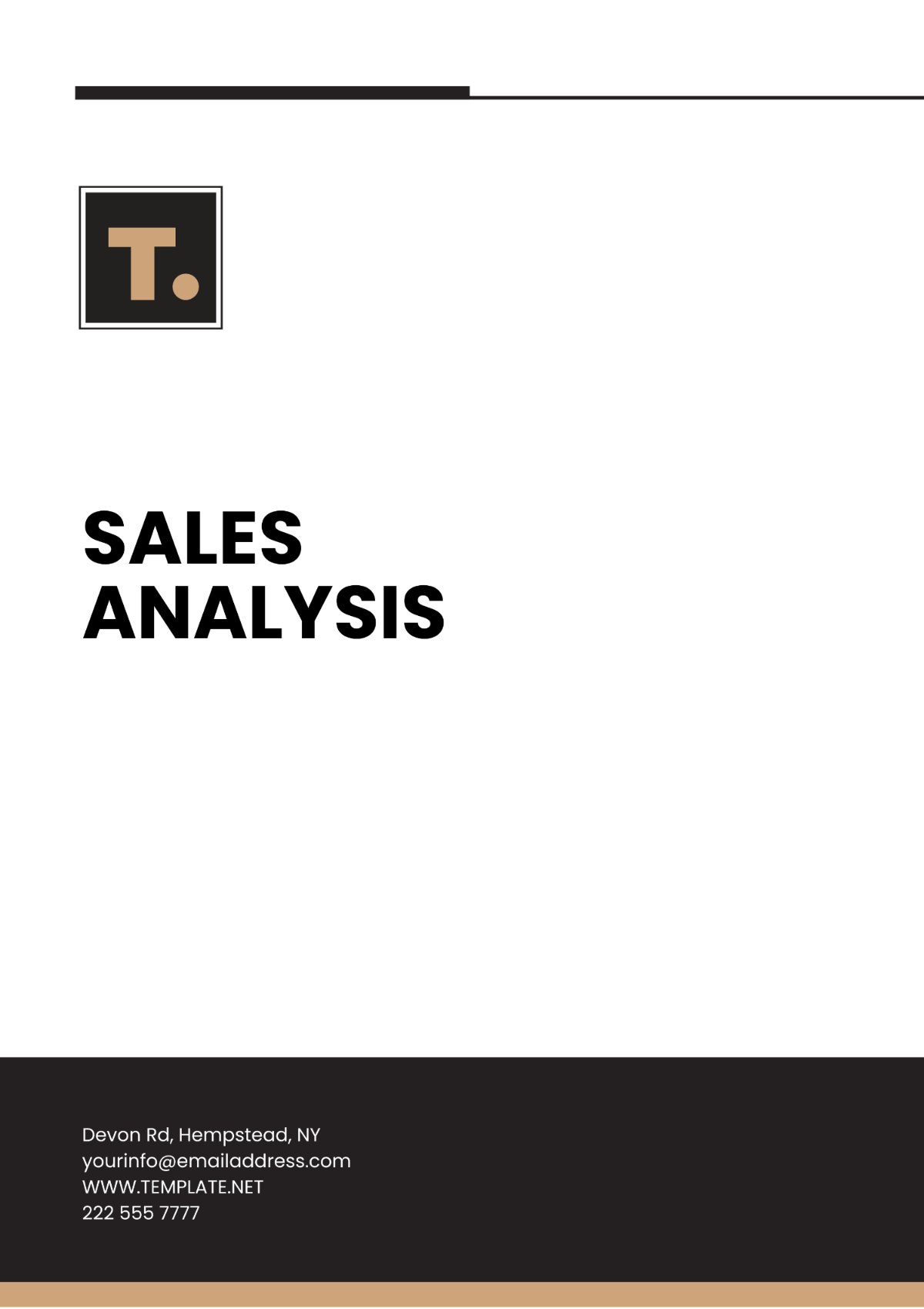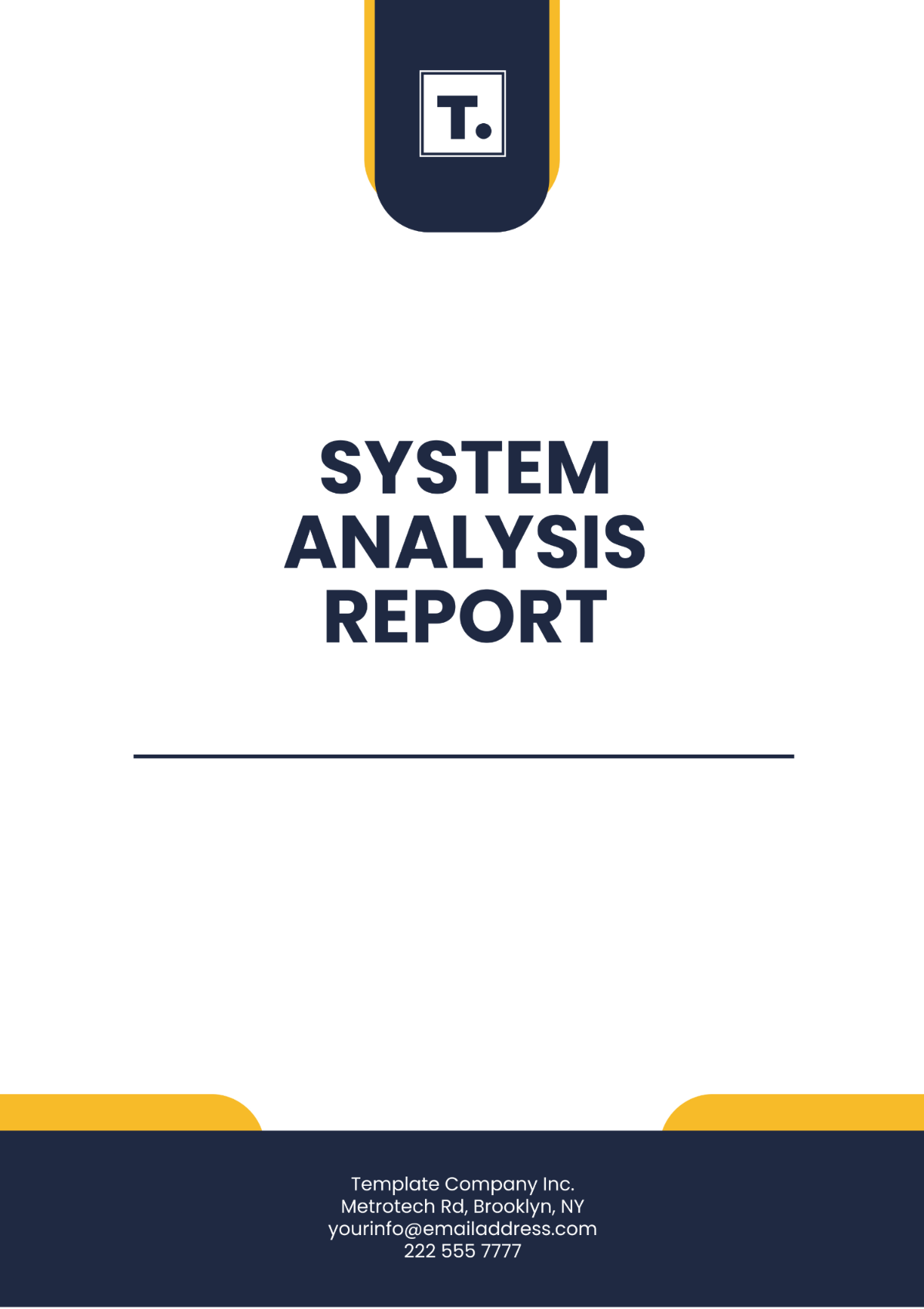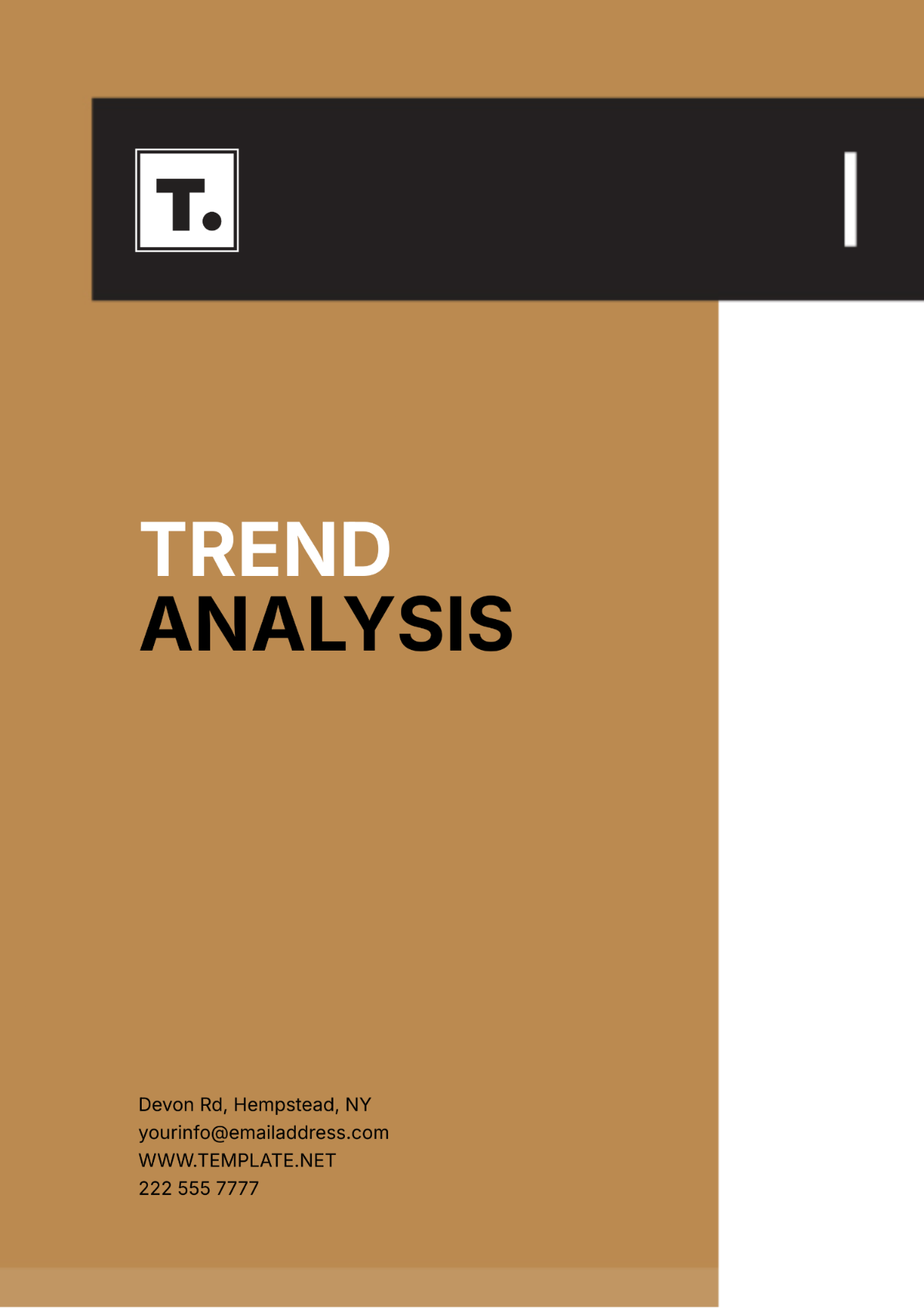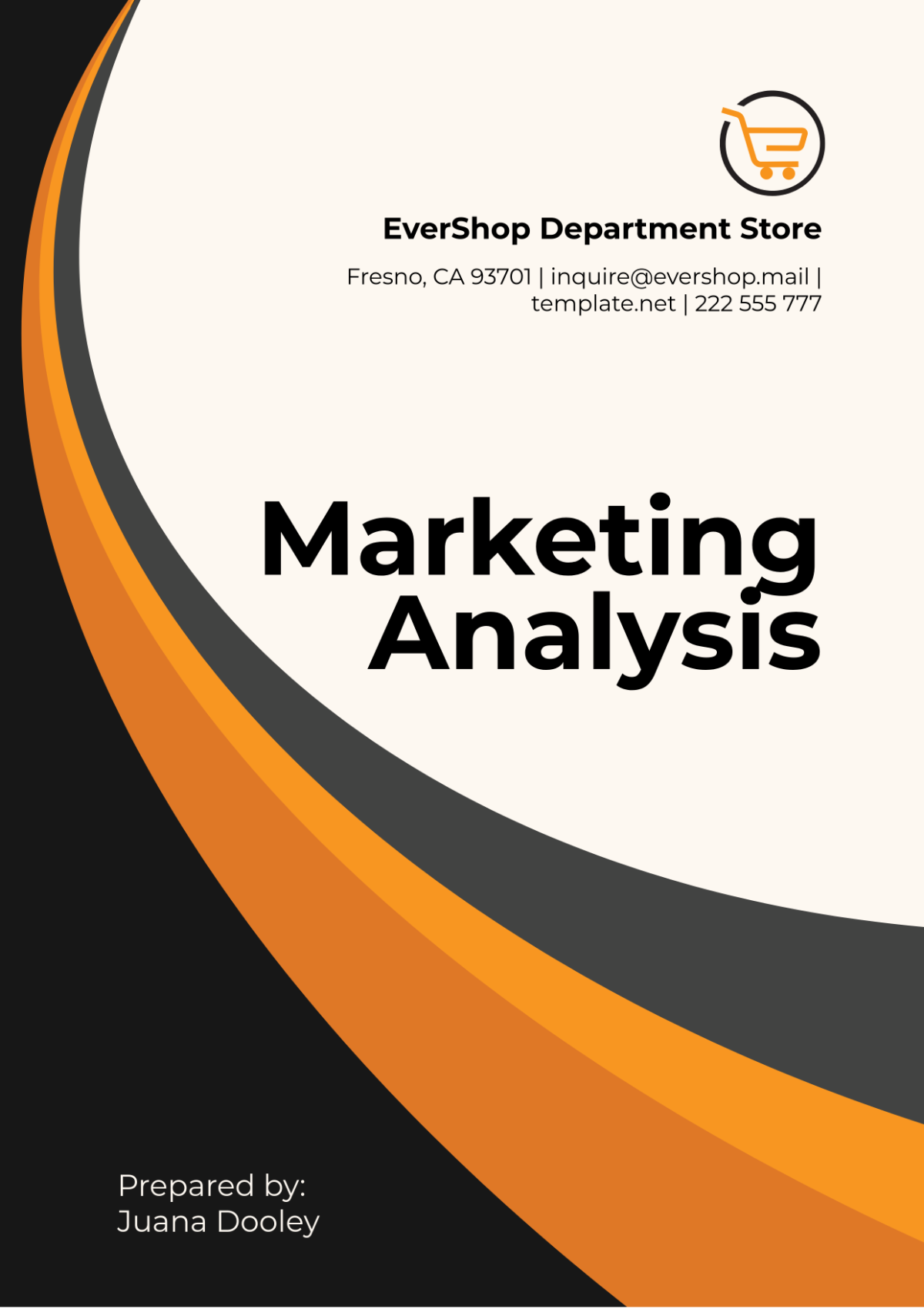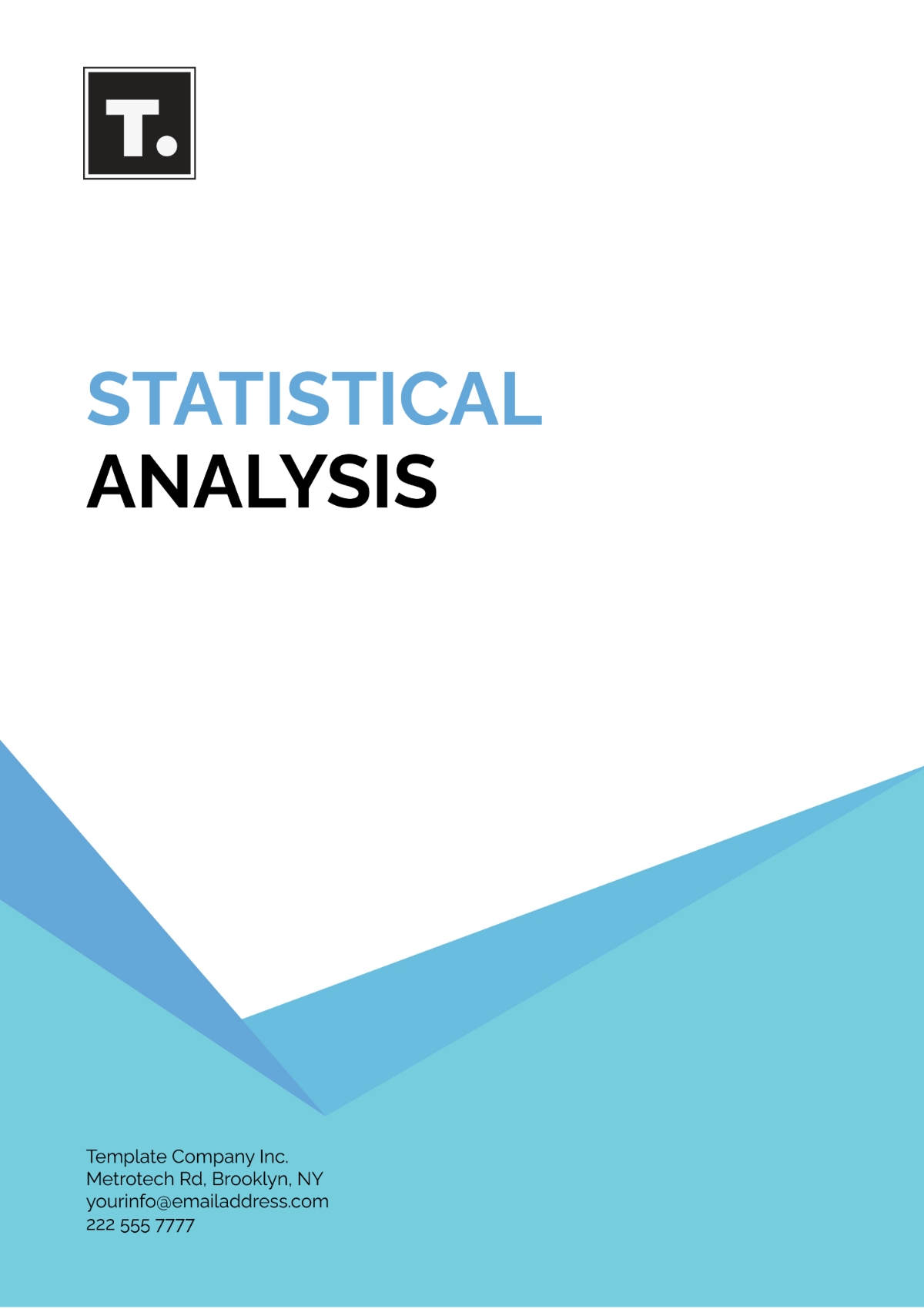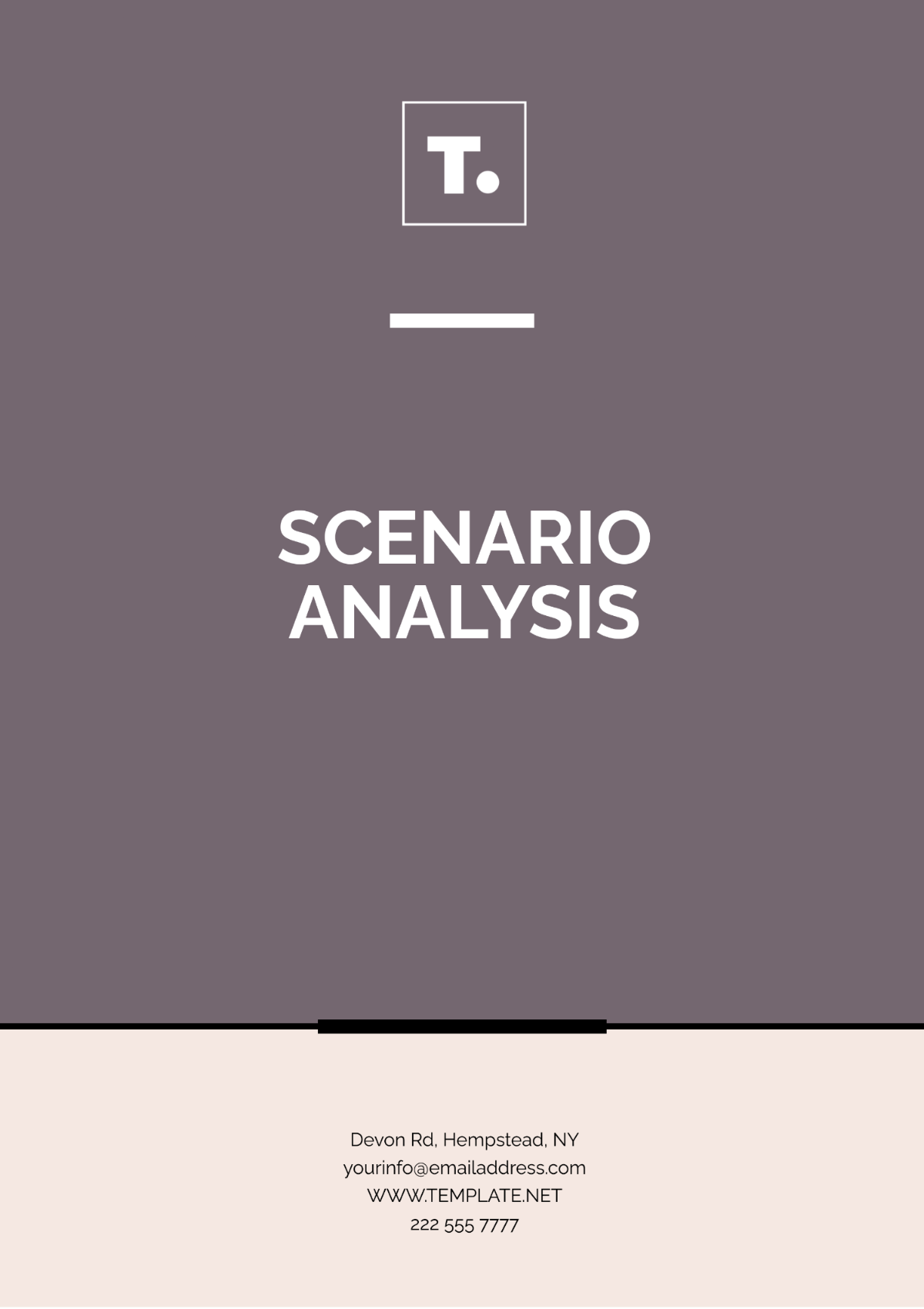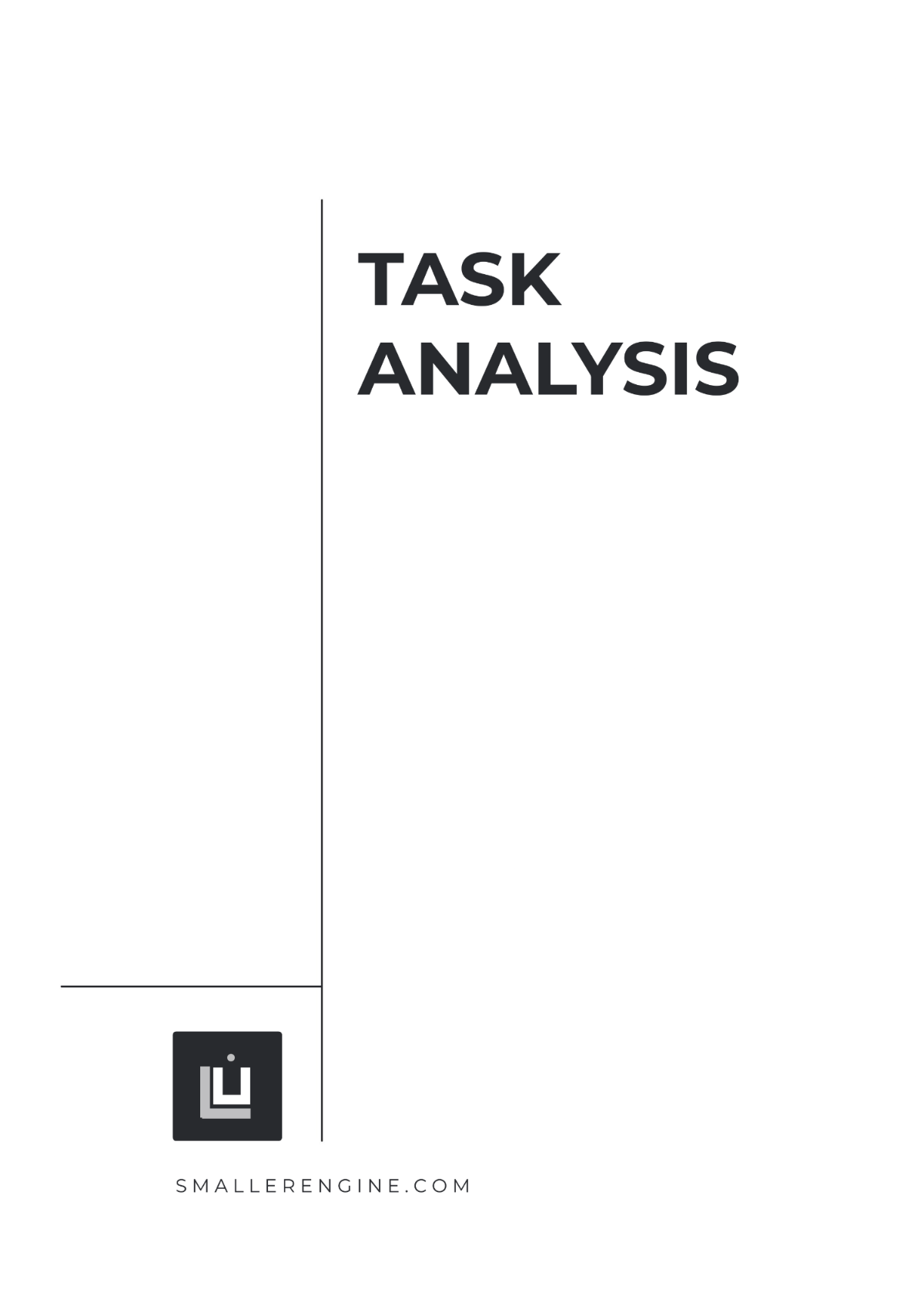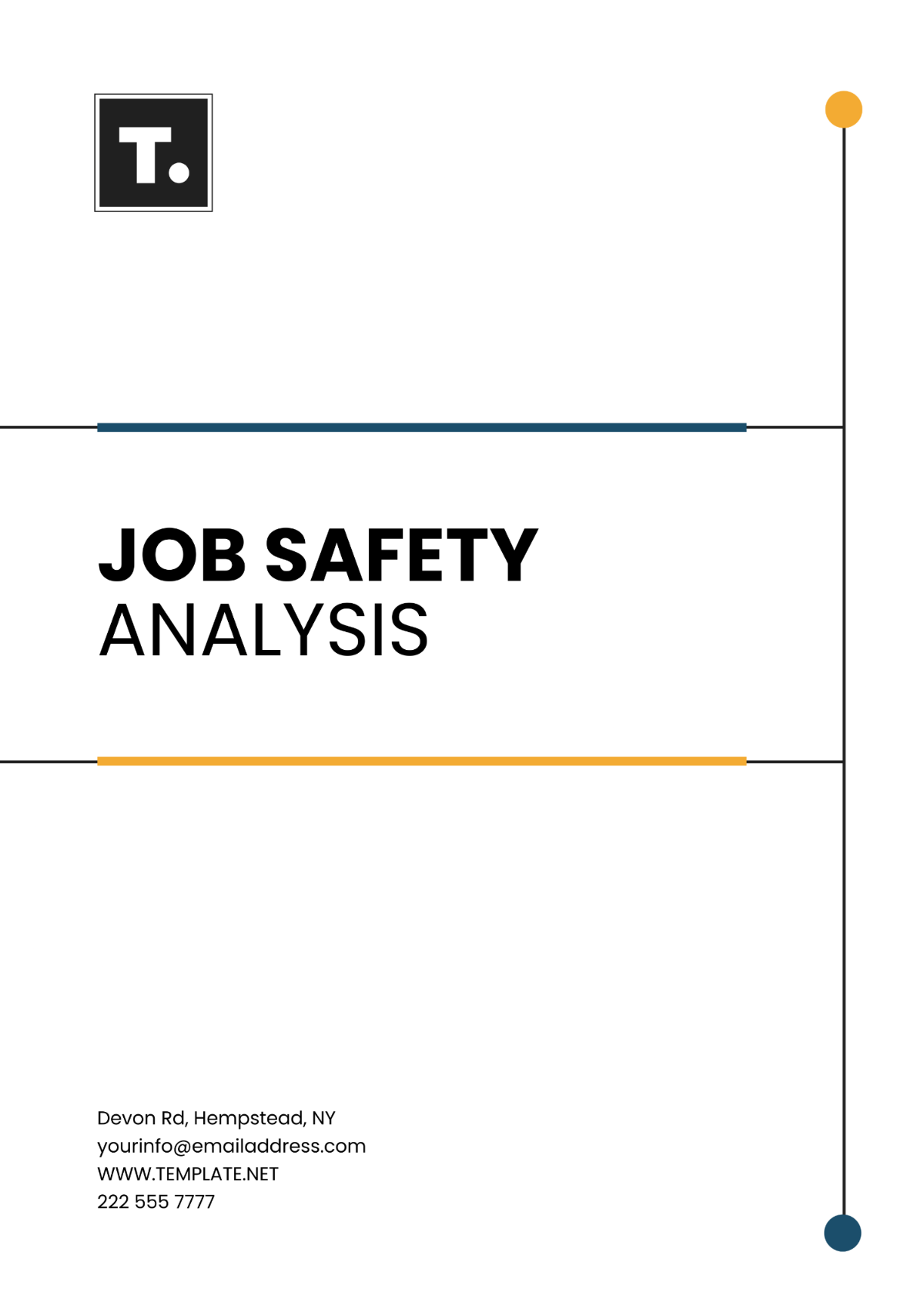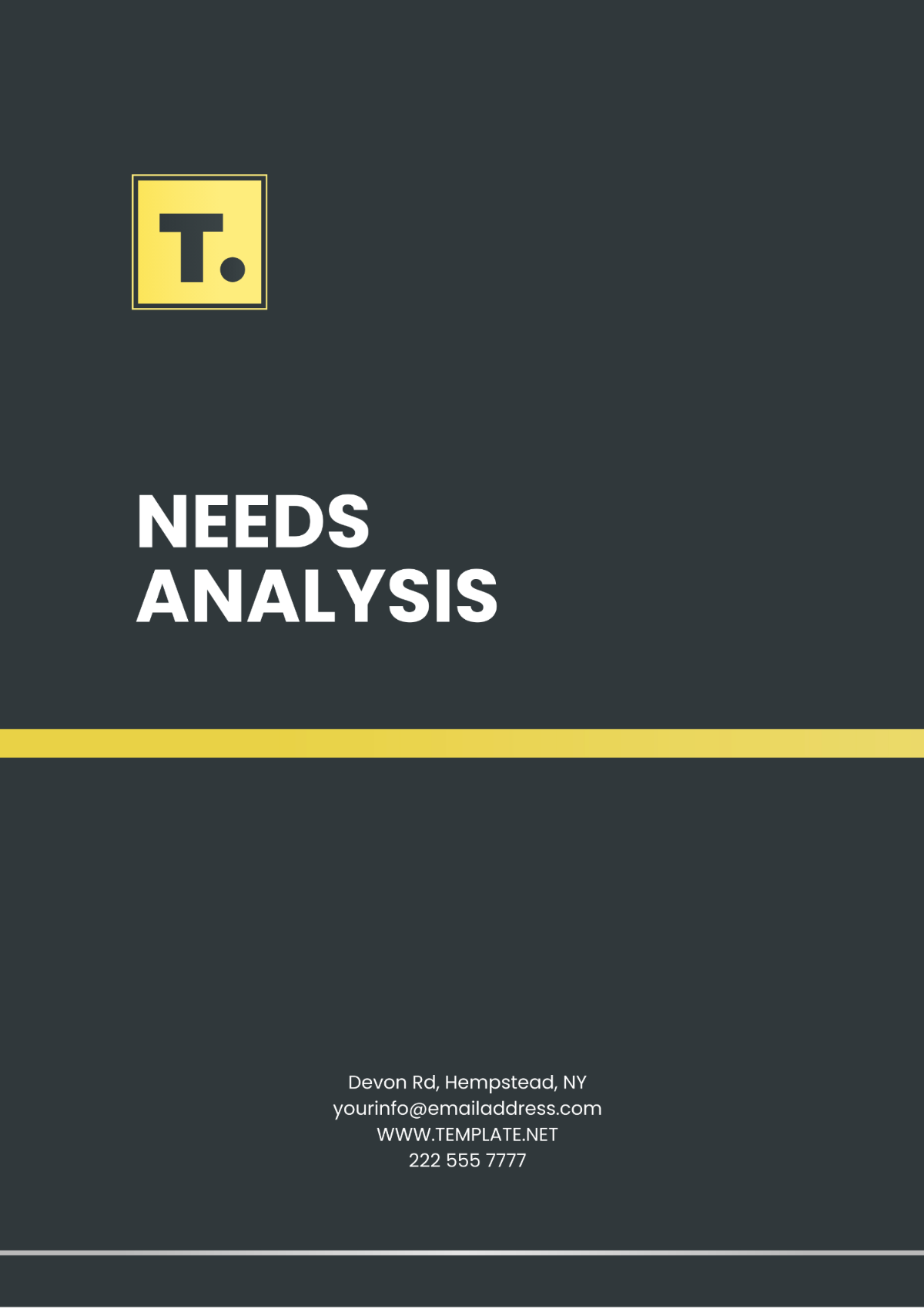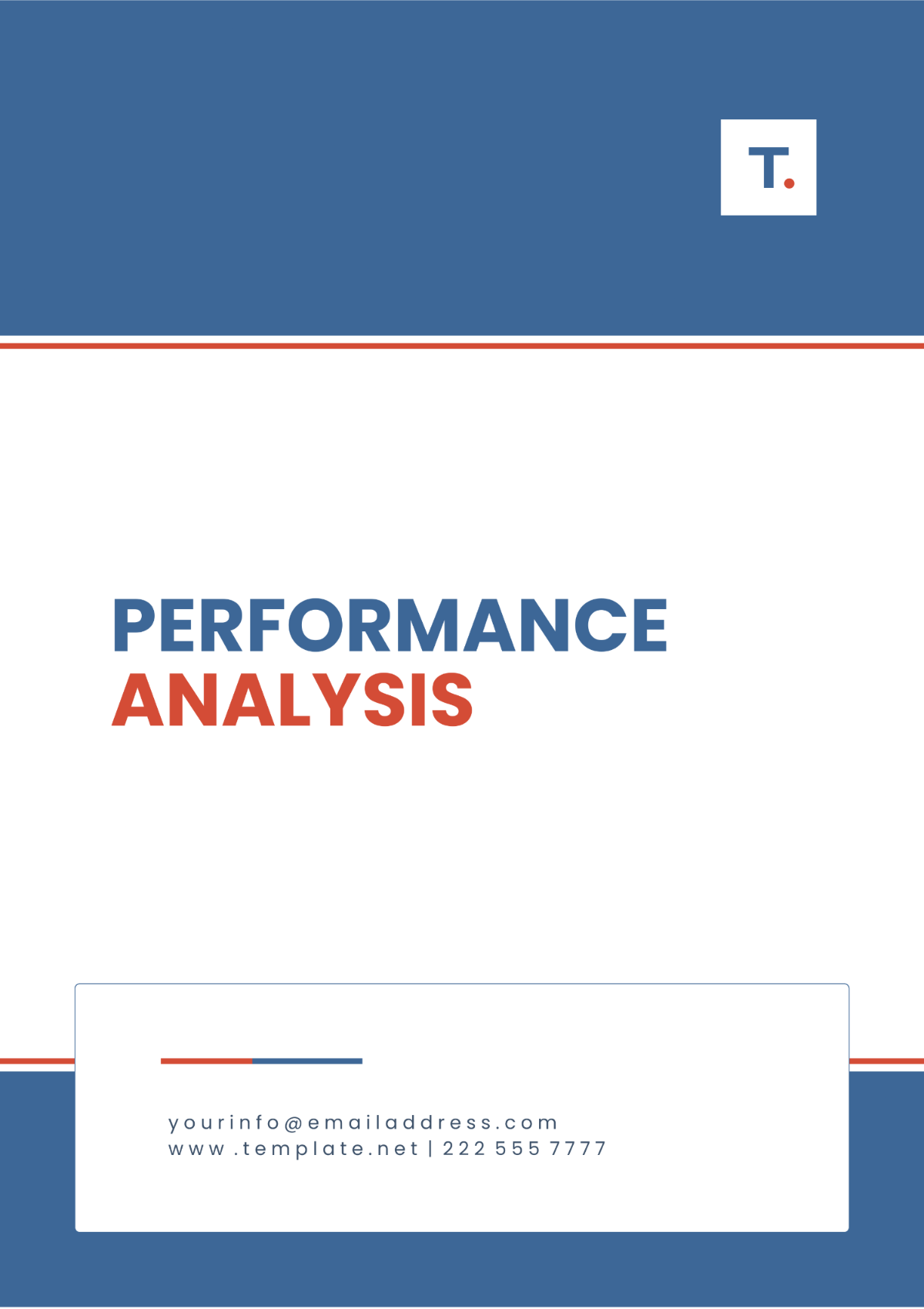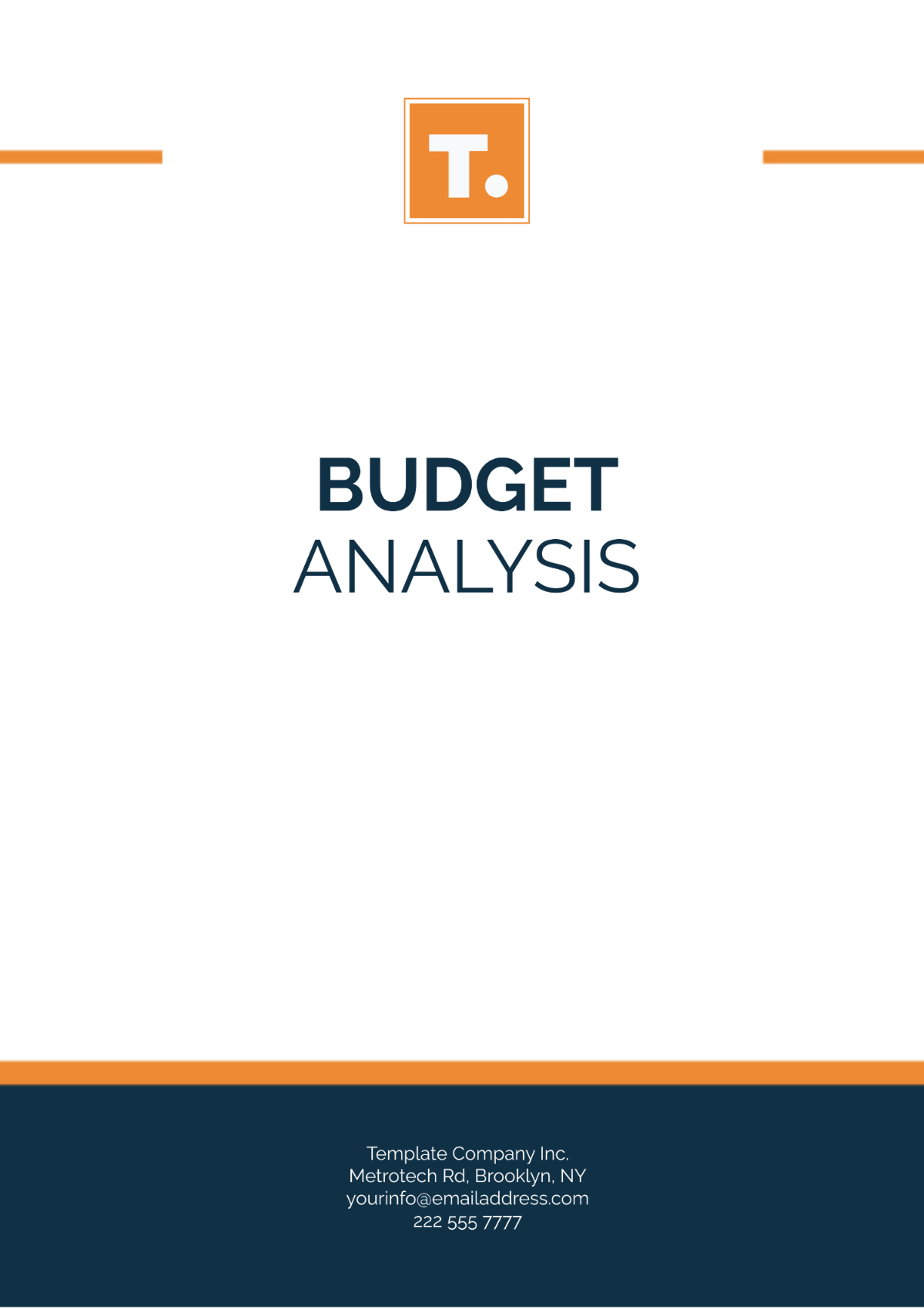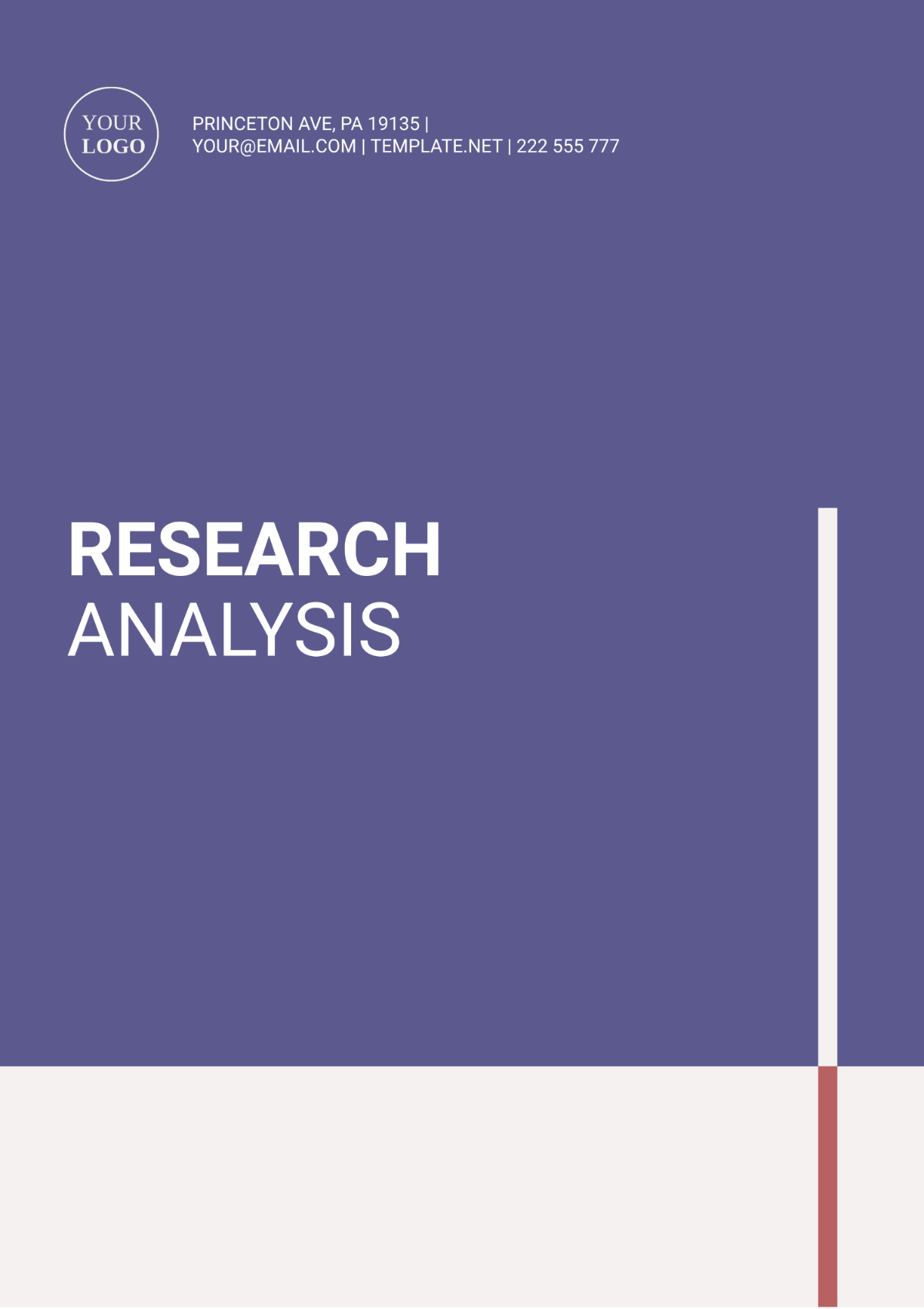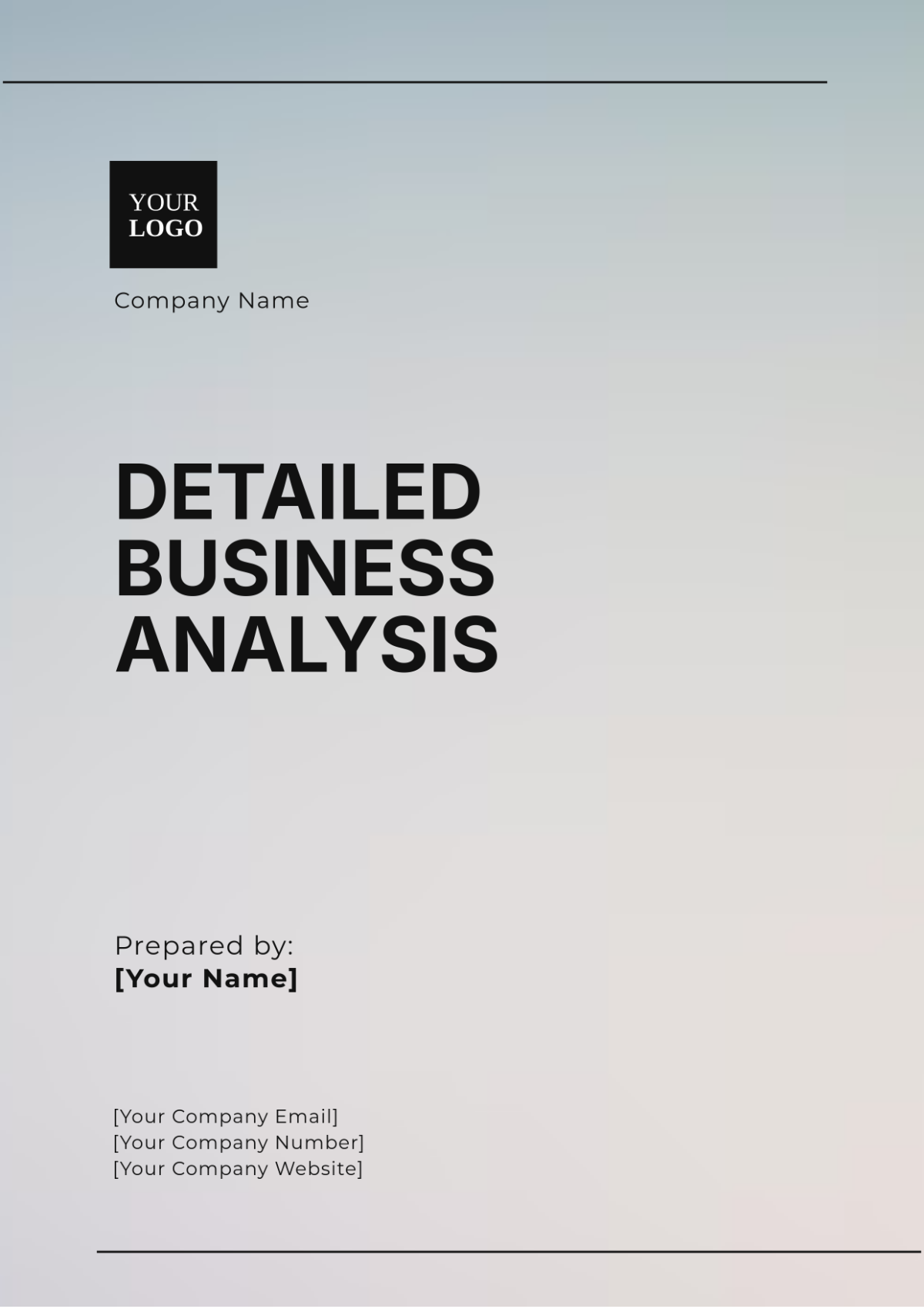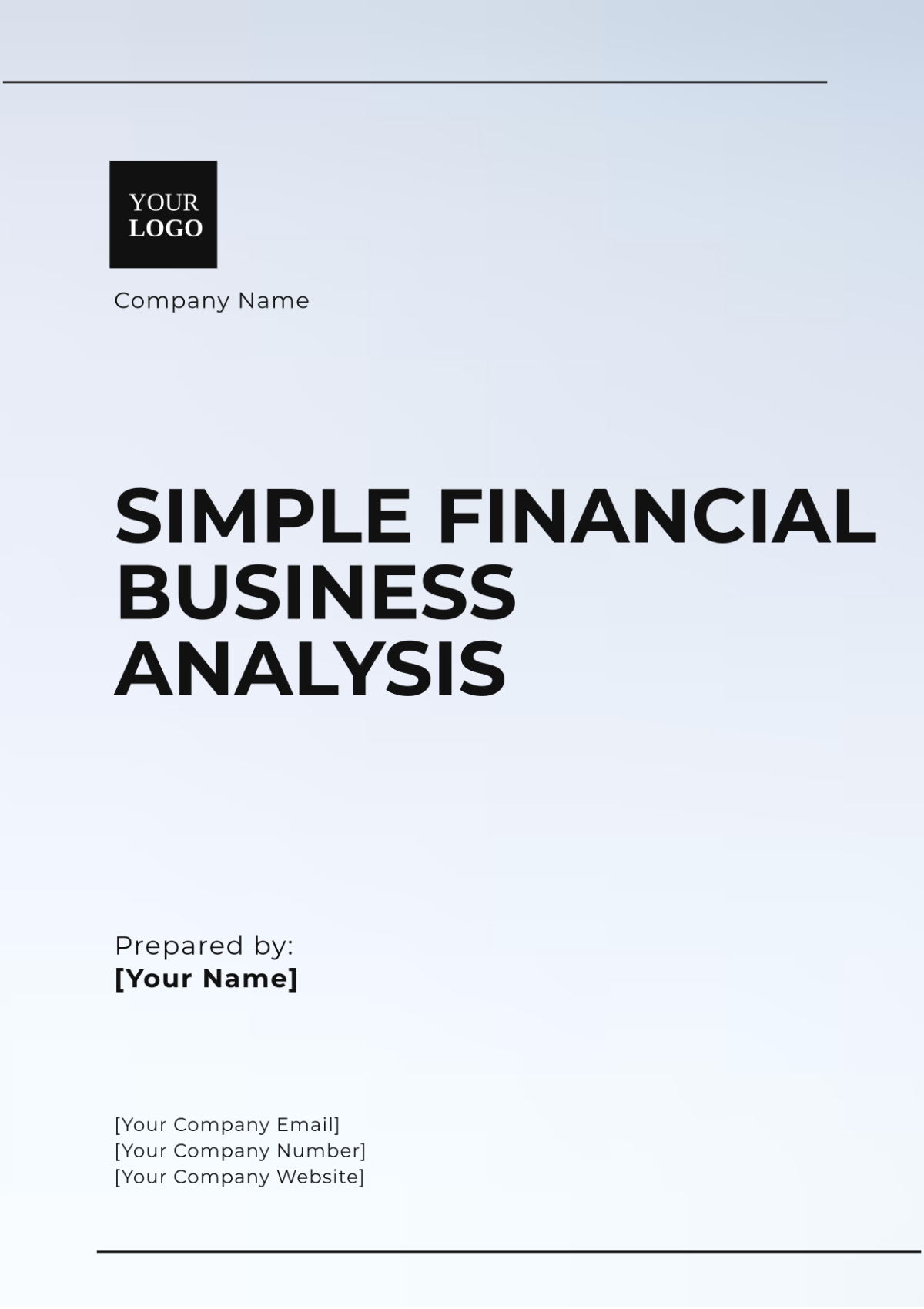Course on Text in Literary Analysis
1. Introduction
1.1 Course Overview
Welcome to the Course on Text in Literary Analysis, offered by [Your Company Name]. This course aims to provide a thorough understanding of literary analysis through structured instruction on methodologies, theories, and techniques. Participants will explore critical approaches to literature, enhance their analytical skills, and apply their knowledge to diverse texts.
1.2 Learning Objectives
Develop proficiency in analyzing texts using various theoretical frameworks.
Gain expertise in different literary genres and their analysis.
Construct and present well-supported literary arguments.
2. Introduction to Literary Analysis
2.1 What is Literary Analysis?
Literary analysis involves examining texts to understand their meaning, structure, and impact. It helps readers interpret literature beyond its surface level by exploring themes, symbols, and narrative techniques.
2.2 Key Concepts and Terminology
Literary Theory: The study of fundamental principles and methods used to interpret literature. Key theories include Formalism, Marxism, and Psychoanalysis.
Critical Vocabulary: Terms such as "motif," "diction," "tone," and "narrative voice" are essential for discussing literature analytically.
3. Literary Theories and Approaches
3.1 Classical Literary Theories
Aristotelian Criticism: Aristotle’s "Poetics" introduced foundational concepts such as catharsis, plot structure, and dramatic unity. His ideas on tragedy and comedy continue to influence literary analysis.
Homeric Analysis: Analysis of epics such as "The Iliad" and "The Odyssey," focusing on narrative techniques and heroic ideals.
3.2 Modern Literary Theories
Structuralism and Post-Structuralism: Structuralism explores underlying structures in literature, while Post-Structuralism critiques these structures, emphasizing the fluidity of meaning. Key figures include Ferdinand de Saussure and Jacques Derrida.
Post-Colonial Criticism: Examines how literature reflects and challenges colonial power dynamics. Key texts include Edward Said’s "Orientalism" and Homi K. Bhabha’s "The Location of Culture."
3.3 Contemporary Approaches
Feminist Literary Theory: Analyzes literature through the lens of gender and feminist perspectives. Key texts include Simone de Beauvoir’s "The Second Sex" and Virginia Woolf’s "A Room of One’s Own."
Ecocriticism: Investigates literature’s relationship with the natural environment, focusing on themes of nature, ecology, and environmentalism. Key texts include Lawrence Buell’s "The Environmental Imagination."
4. Analytical Techniques
4.1 Close Reading
Techniques: Close reading involves a detailed examination of a text’s language, style, and structure. Focus on literary devices such as metaphor, simile, and symbolism.
Examples: Analyze passages from William Faulkner’s "The Sound and the Fury" for narrative style and symbolism.
4.2 Comparative Analysis
Methodologies: Compare texts from different genres, periods, or cultural contexts. Focus on similarities and differences in themes, style, and narrative techniques.
Case Studies: Compare Shakespeare’s "Macbeth" with contemporary plays like Martin McDonagh’s "The Pillowman" to explore themes of ambition and power.
4.3 Thematic and Symbolic Analysis
Themes: Identify and interpret central themes such as identity, conflict, and morality in literature.
Symbols: Analyze symbols such as the green light in F. Scott Fitzgerald’s "The Great Gatsby" or the conch in William Golding’s "Lord of the Flies."
5. Genre Studies
5.1 Fiction
Narrative Techniques: Explore narrative techniques like stream of consciousness in James Joyce’s "Ulysses" or unreliable narration in Nabokov’s "Lolita."
Genres: Study genres such as novels, short stories, and novellas, focusing on their distinctive features and conventions.
5.2 Poetry
Poetic Forms: Analyze different poetic forms such as the sonnet, haiku, and free verse. Examine how form influences meaning and expression.
Devices: Study literary devices like imagery, rhyme, and meter in poems by Emily Dickinson and Langston Hughes.
5.3 Drama
Theatrical Elements: Understand key elements of drama, including dialogue, monologue, and stage directions. Analyze plays by Tennessee Williams and Anton Chekhov.
Play Analysis: Examine influential plays such as Arthur Miller’s "Death of a Salesman" and Samuel Beckett’s "Waiting for Godot" for their thematic and structural innovations.
6. Writing and Presenting Literary Analysis
6.1 Constructing Arguments
Thesis Development: Craft a clear and compelling thesis statement that guides your analysis. For example, argue how the theme of isolation is depicted in Kafka’s "The Metamorphosis."
Supporting Evidence: Use textual evidence effectively to support your arguments. Incorporate quotations and detailed analysis.
6.2 Academic Writing Skills
Essays: Structure literary analysis essays with an introduction, body paragraphs, and a conclusion. Ensure clarity and coherence in presenting arguments.
Research: Utilize secondary sources and scholarly research to enhance your analysis. Cite sources appropriately and integrate them into your argument.
6.3 Presentation Skills
Oral Presentations: Develop skills for presenting literary analysis in academic settings. Focus on clear articulation of ideas and engaging delivery.
Visual Aids: Use visual aids like slides or handouts to enhance presentations. Include key points, quotes, and visuals to support your analysis.
7. Practical Applications
7.1 Case Studies and Examples
Textual Analysis: Conduct detailed analysis of selected texts, such as Jane Austen’s "Pride and Prejudice" or Gabriel García Márquez’s "One Hundred Years of Solitude."
Real-World Applications: Apply literary analysis skills in fields like publishing, education, and media. For instance, analyze adaptations of literary works for film or television.
7.2 Review and Reflection
Feedback: Engage in peer reviews to provide and receive constructive feedback on literary analyses.
Reflections: Reflect on learning outcomes and identify areas for further exploration or specialization in literary analysis.
8. Conclusion
8.1 Course Summary
This course has provided a comprehensive overview of literary analysis, covering theoretical frameworks, analytical techniques, and practical applications. Participants are now equipped with the tools to critically engage with and interpret literary texts.
8.2 Further Resources
Recommended Reading: Explore additional texts such as "How to Read Literature Like a Professor" by Thomas C. Foster and "The Norton Anthology of Theory and Criticism."
Additional Courses: Consider advanced courses in specific literary theories or genres for continued learning.
8.3 Final Assessment
Project: Complete a final project involving a detailed analysis of a chosen literary text, demonstrating proficiency in the methodologies and theories covered throughout the course.

